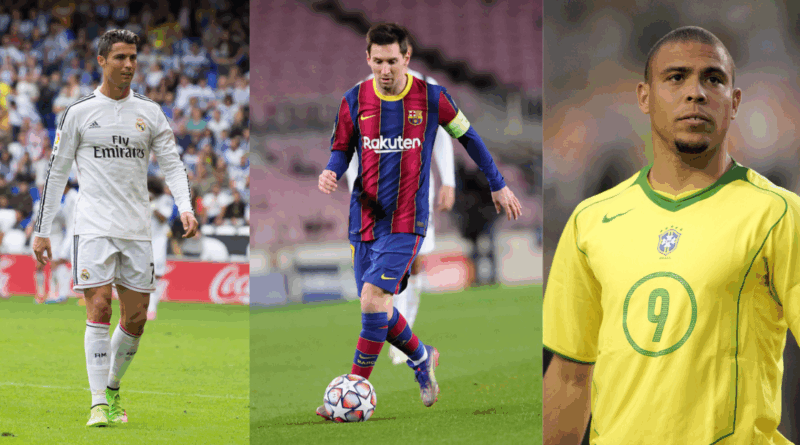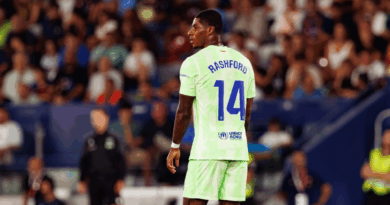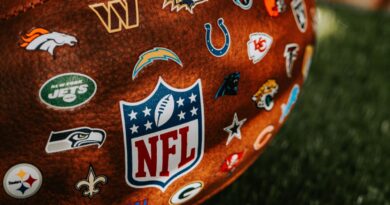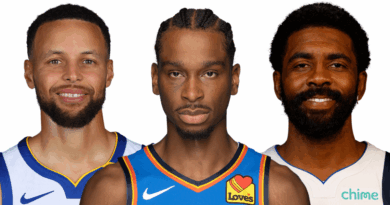European Footballer of the Year and Ballon d’Or Winners (1956–2024)
The Ballon d'Or is football's highest individual honor, awarded annually to the world's best male footballer. From the pioneers of the 1950s to modern superstars, each winner has etched their name into football history.
2024 – Rodri (Spain, Manchester City)

Rodri’s dominant midfield performances helped Manchester City secure a treble, solidifying his status as one of the best holding midfielders of his era. His control, composure, and consistency earned him his first Ballon d’Or.
2023 – Lionel Messi (Argentina, Inter Miami)
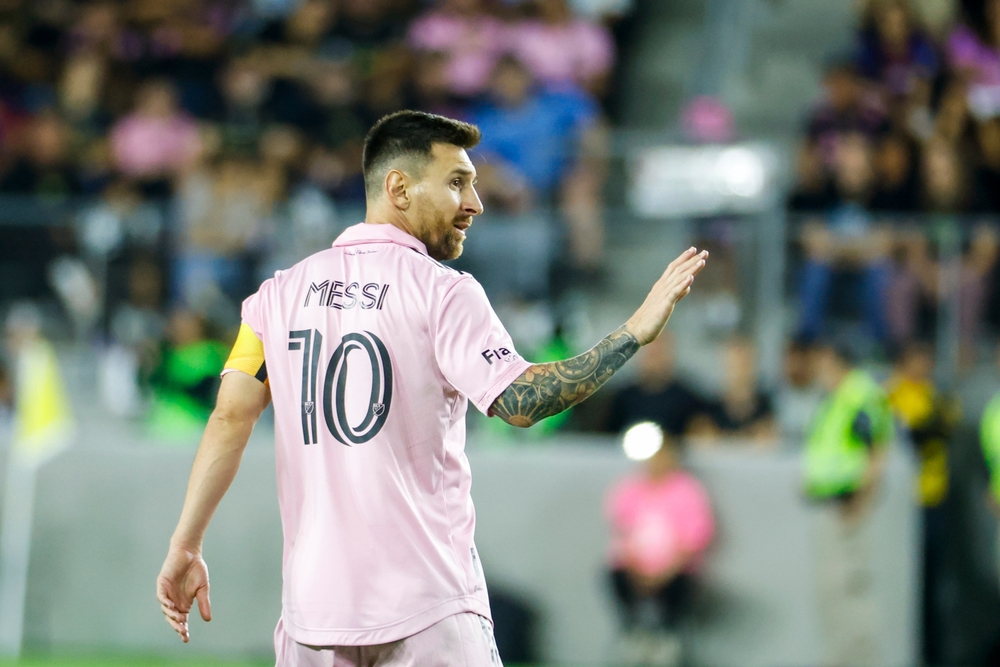
Despite moving to MLS, Messi's incredible World Cup triumph with Argentina in late 2022 sealed his eighth Ballon d’Or. His continued brilliance at 36 remains a marvel in world football.
2022 – Karim Benzema (France, Real Madrid)
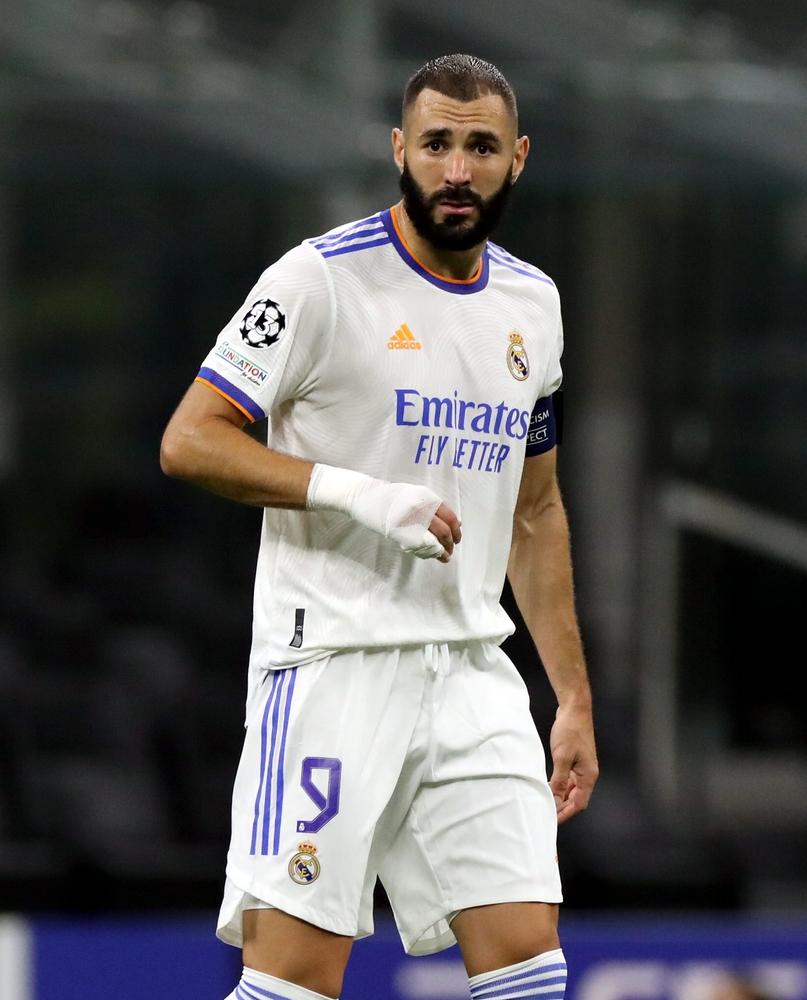
Benzema finally got the global recognition he deserved after leading Real Madrid to a La Liga and Champions League double. His career-best form, leadership, and crucial goals made him an undisputed winner.
Read also: Top 50 Greatest Teenage Wonderkids in Football (2025)
2021 – Lionel Messi (Argentina, Paris Saint-Germain)
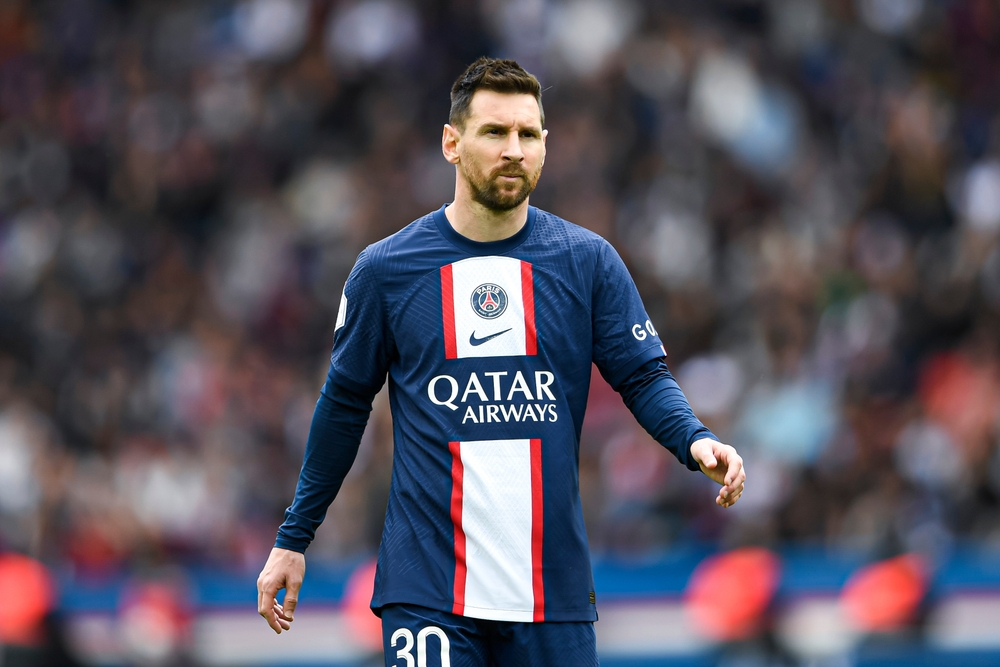
Messi clinched his seventh Ballon d'Or after guiding Argentina to a Copa América title. His playmaking and overall influence on the field remained unmatched even after leaving Barcelona for PSG.
2020 – Not Awarded
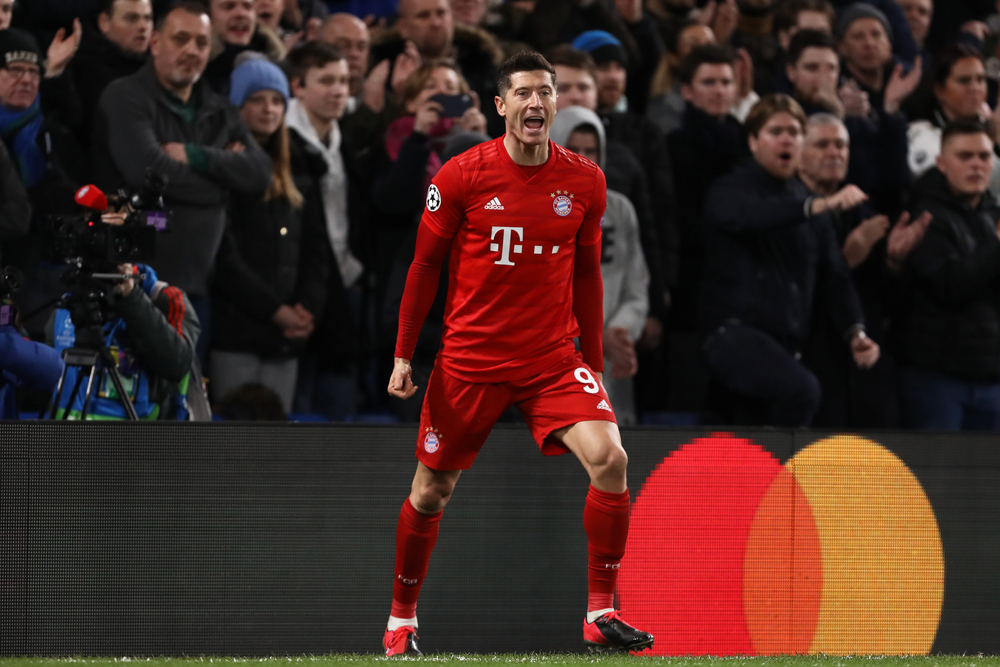
Due to the COVID-19 pandemic and disrupted schedules across world football, the 2020 Ballon d'Or was not awarded. It marked the first cancellation in the award’s history.
2019 – Lionel Messi (Argentina, Barcelona)
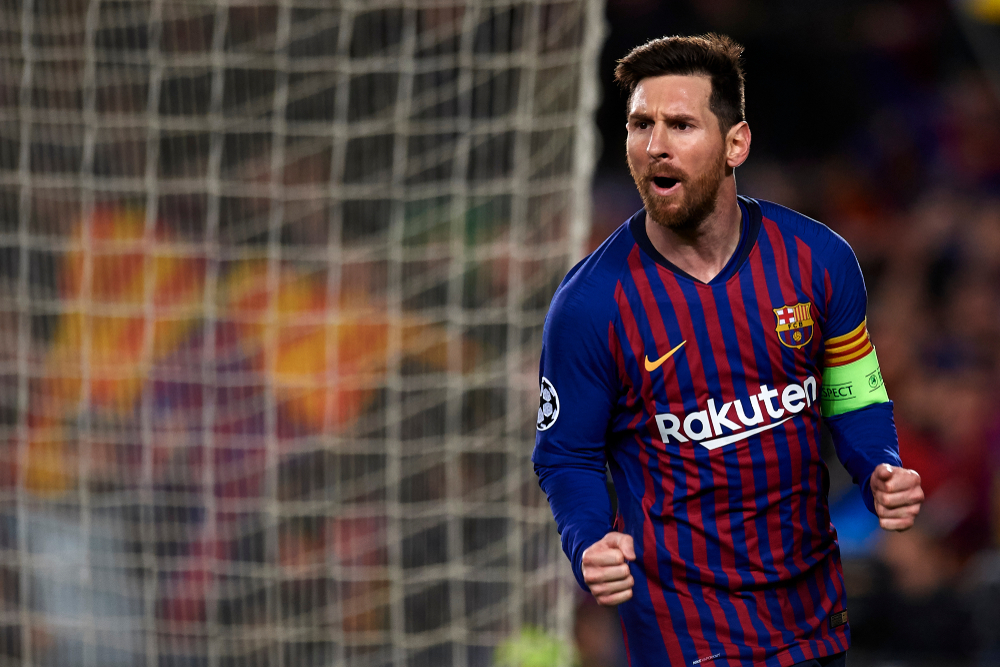
Messi's sublime form in La Liga, where he led both scoring and assist charts, earned him his sixth Ballon d'Or. His creativity and control continued to amaze fans around the globe.
2018 – Luka Modrić (Croatia, Real Madrid)
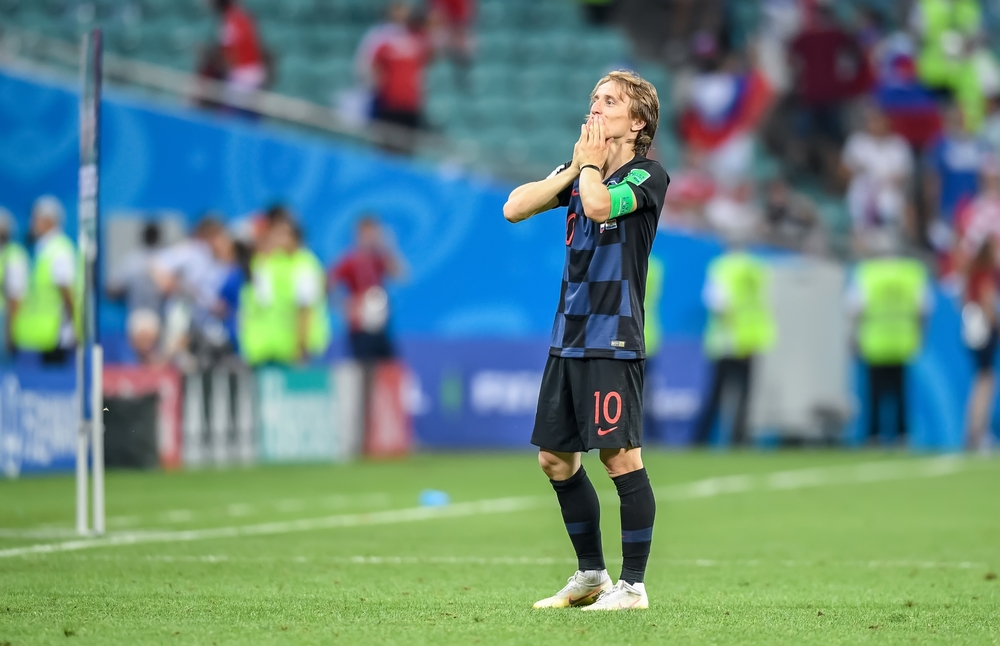
Modrić ended the Messi-Ronaldo duopoly after leading Croatia to the World Cup final and helping Real Madrid win the Champions League. His passing, tempo, and vision stood out that year.
Read also: The 15 Best Brazilian Footballers in the World Right Now - Ranked
2017 – Cristiano Ronaldo (Portugal, Real Madrid)
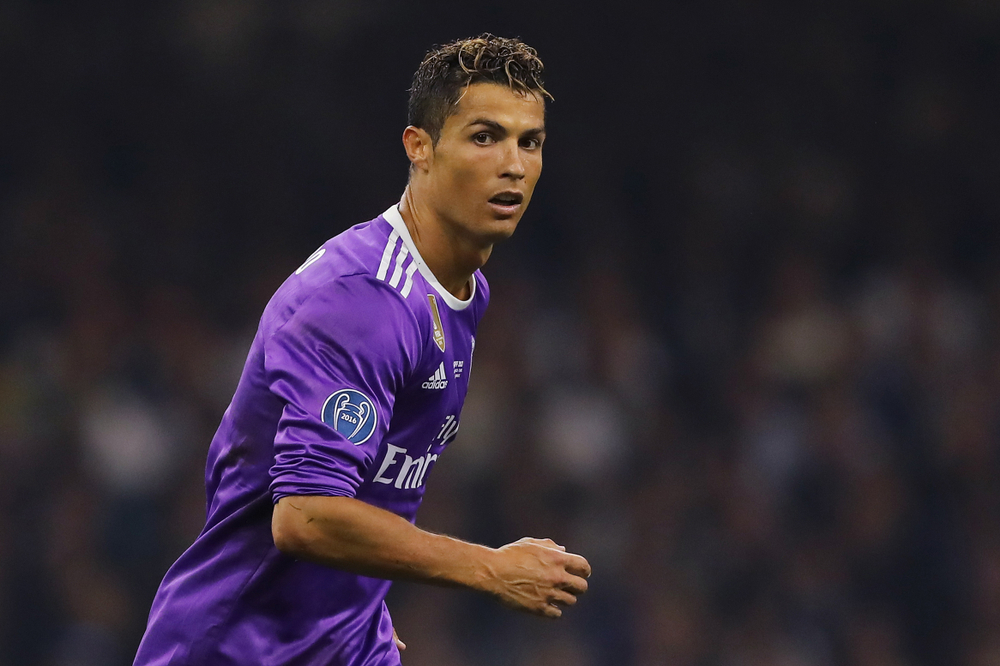
Ronaldo’s fifth Ballon d’Or came after spearheading Real Madrid’s Champions League victory and finishing as the competition's top scorer. His clutch performances in knockout games were crucial.
2016 – Cristiano Ronaldo (Portugal, Real Madrid)
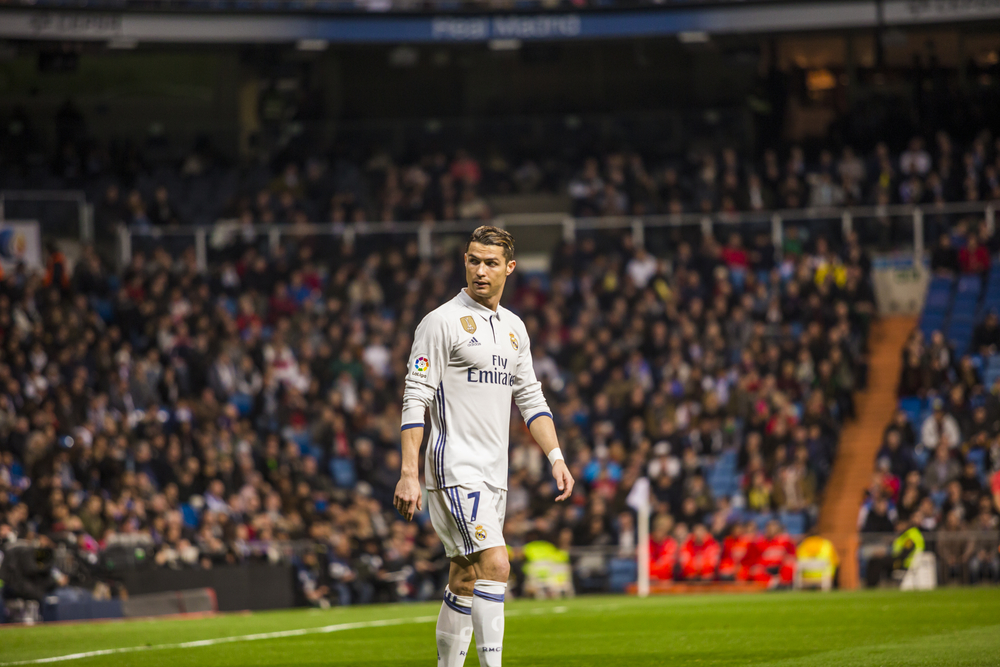
In 2016, Ronaldo added another Ballon d'Or following triumphs at the Champions League and UEFA Euro 2016. It was a year where his goal-scoring and trophy haul stood above all.
2015 – Lionel Messi (Argentina, Barcelona)
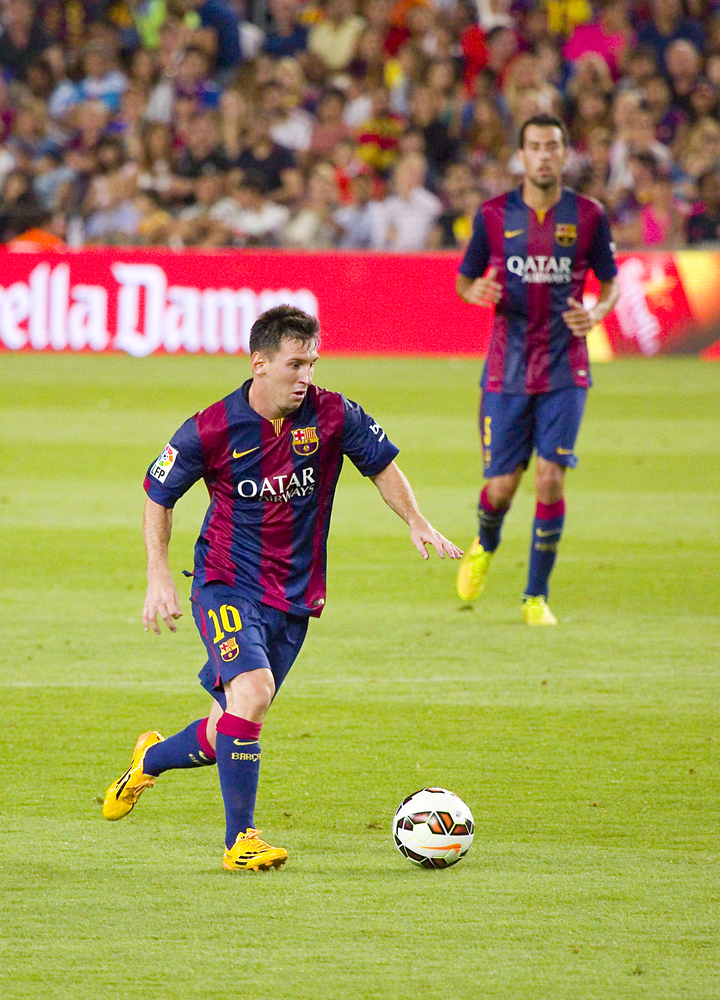
Messi returned to the top after a treble-winning campaign with Barcelona. His link-up with Neymar and Suárez dazzled Europe and restored Barcelona’s dominance.
2014 – Cristiano Ronaldo (Portugal, Real Madrid)
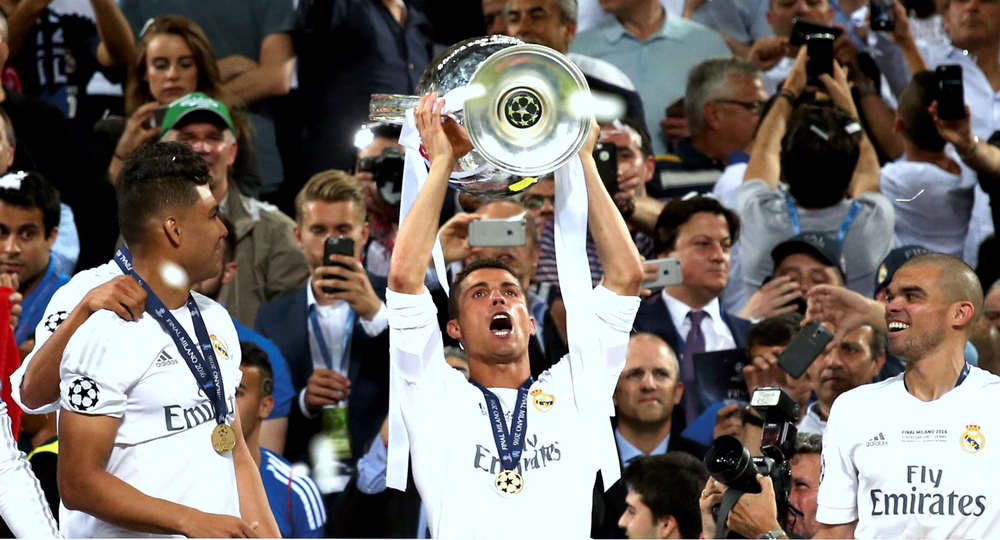
Ronaldo won his third Ballon d'Or after an incredible 61-goal season. He led Real Madrid to "La Décima" — their 10th Champions League title.
Read also: The 50 Most Beloved Formula 1 Drivers of All Time
2013 – Cristiano Ronaldo (Portugal, Real Madrid)
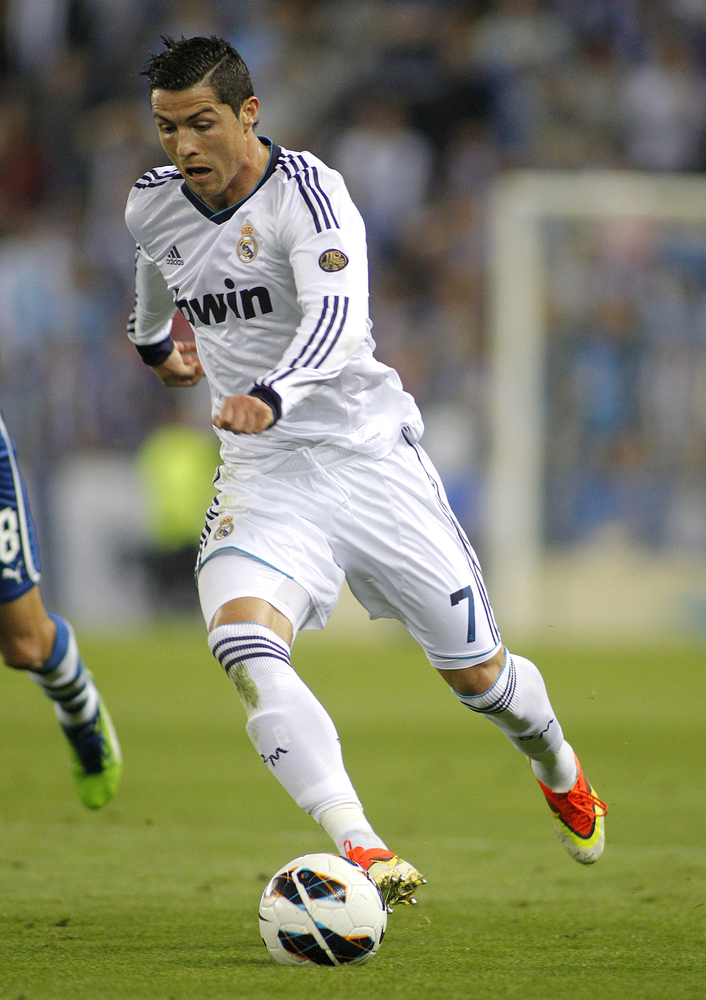
Despite no major team trophies, Ronaldo's individual numbers were sensational. His hat-trick against Sweden in World Cup qualifiers stood as a defining moment.
2012 – Lionel Messi (Argentina, Barcelona)
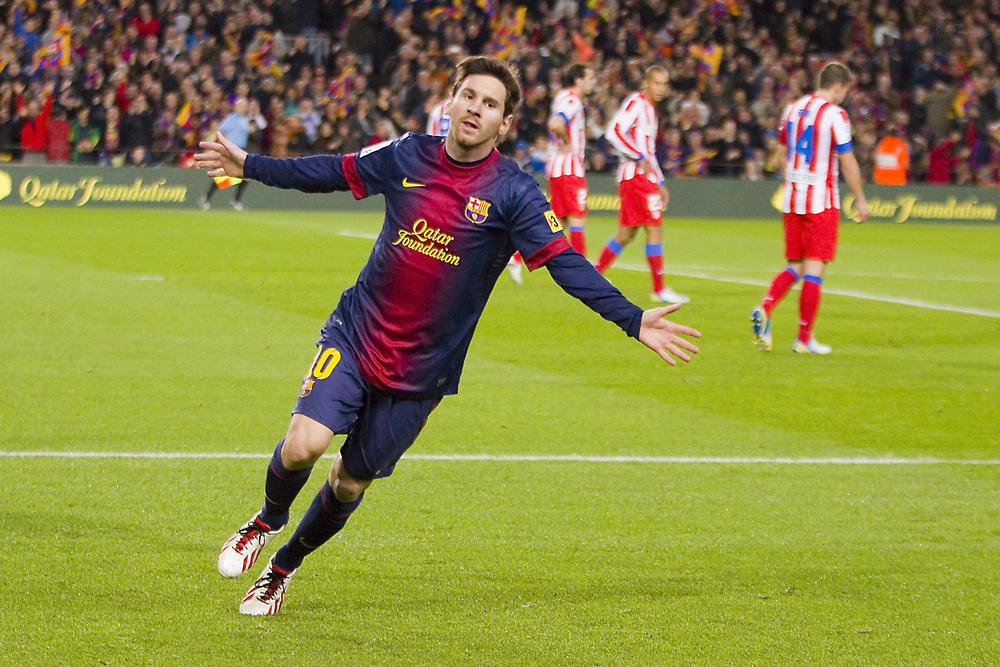
Messi scored an astounding 91 goals in a calendar year, breaking records across all competitions. His unmatched consistency made 2012 one of the most prolific years in history.
2011 – Lionel Messi (Argentina, Barcelona)
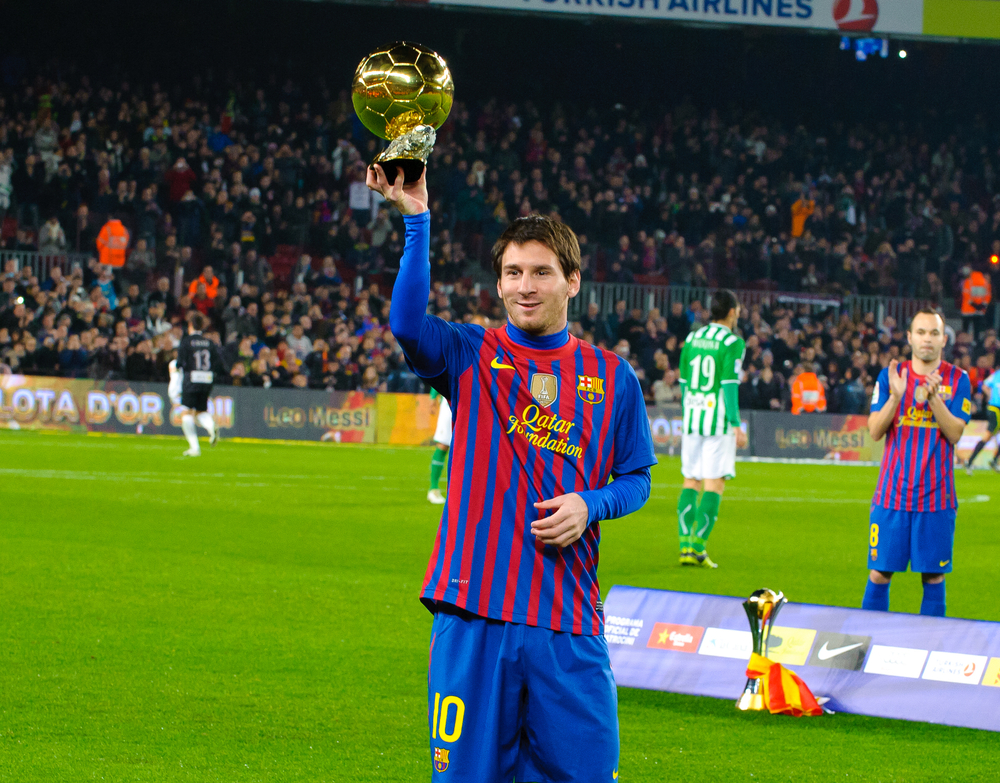
Barcelona won La Liga and the Champions League in 2011, with Messi at the heart of everything. His dribbling and scoring tore apart defences across Europe.
2010 – Lionel Messi (Argentina, Barcelona)
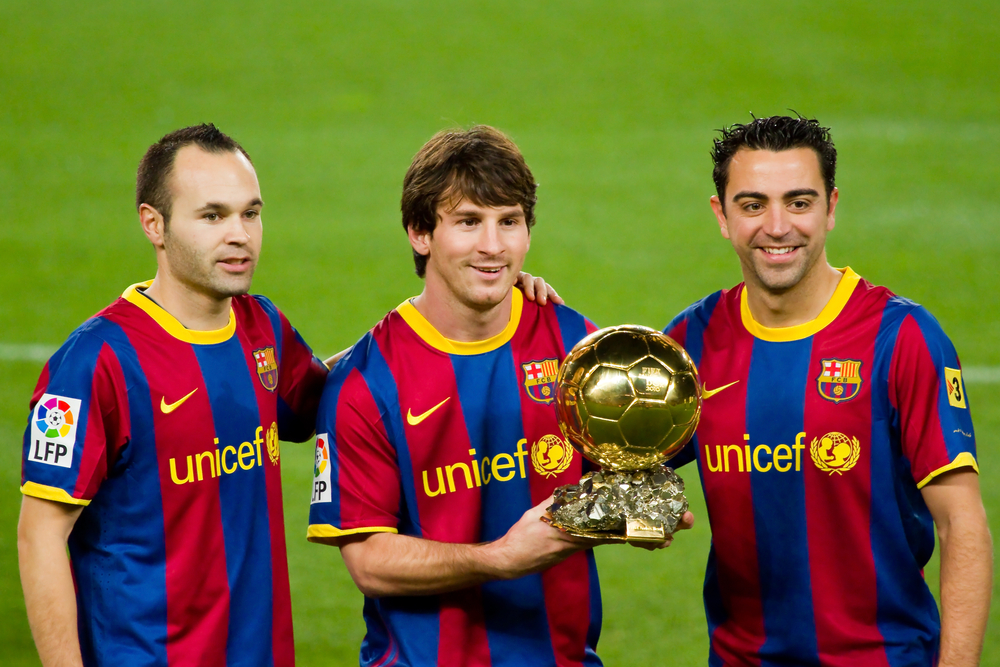
Messi won his second consecutive Ballon d’Or with another standout year at Barcelona. He narrowly edged teammates Xavi and Iniesta in the vote.
Read also: The 10 Highest-Paid British Football Pundits - Ranked from Lowest to Highest
2009 – Lionel Messi (Argentina, Barcelona)
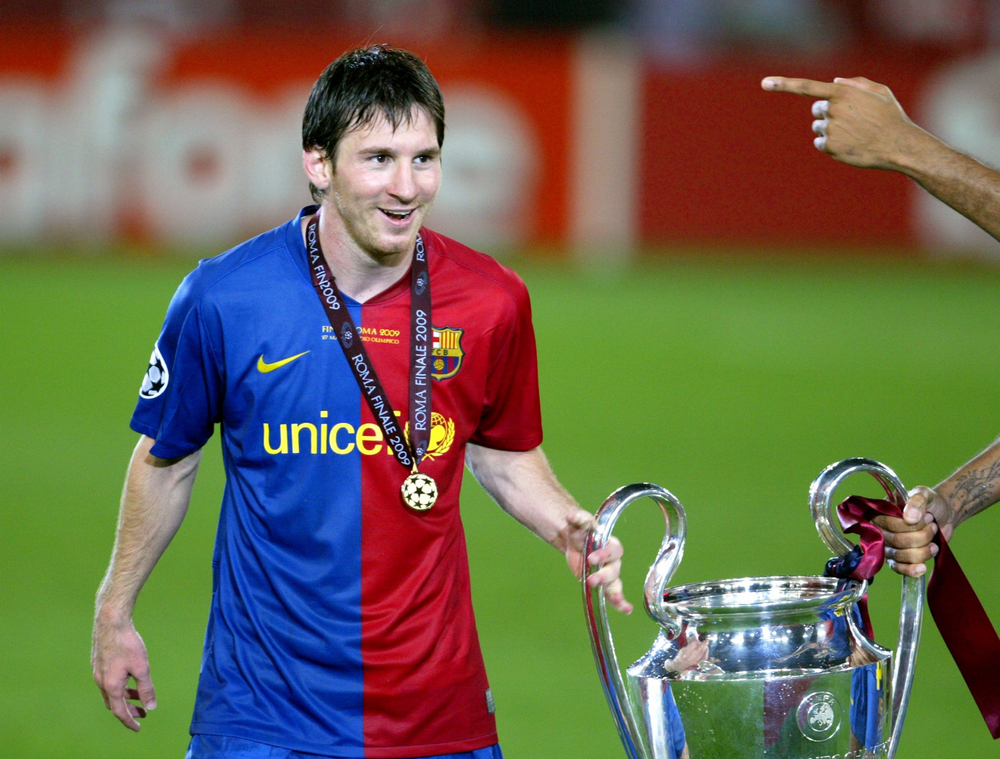
Messi lifted his first Ballon d’Or after a historic treble with Barcelona. His form was electric, scoring in both domestic and European finals.
2008 – Cristiano Ronaldo (Portugal, Manchester United)
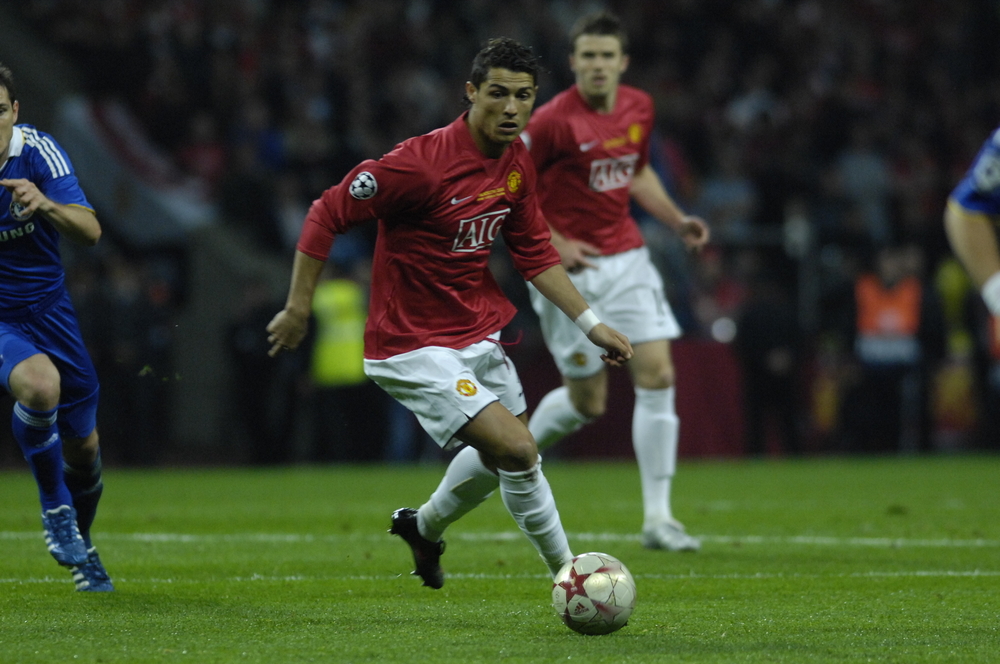
Ronaldo's breakout year saw him score 42 goals and win the Premier League and Champions League. It was the start of his Ballon d’Or legacy.
2007 – Kaká (Brazil, Milan)
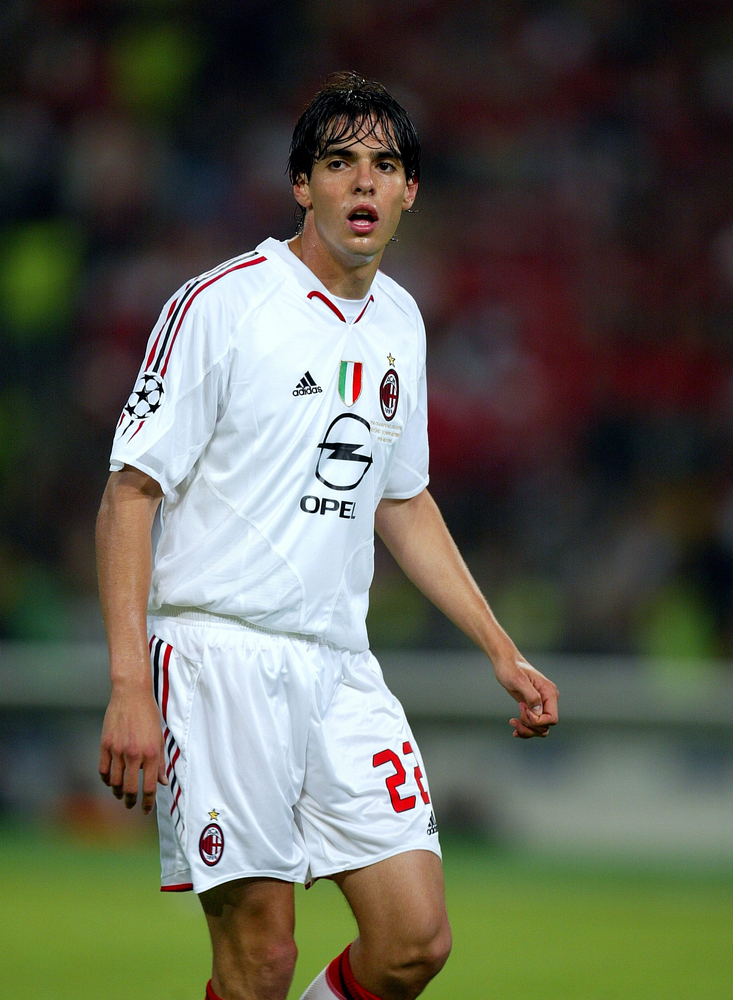
Kaká’s elegance and vision carried Milan to Champions League glory. He was widely considered the best player in the world that year.
2006 – Fabio Cannavaro (Italy, Real Madrid)
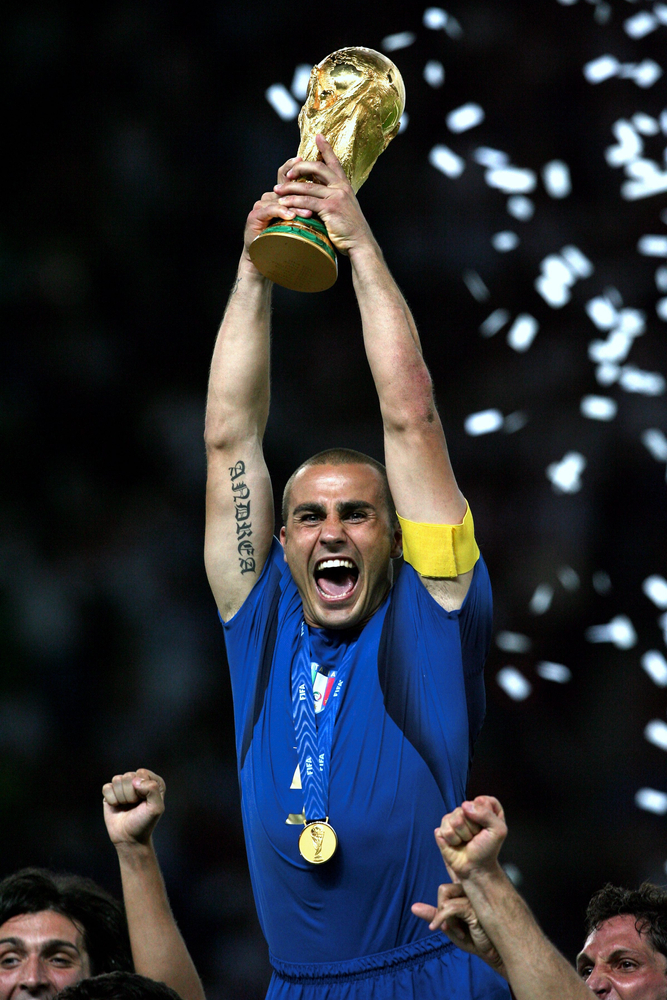
Cannavaro won after captaining Italy to World Cup glory with defensive masterclasses. He remains one of the few defenders to ever win the award.
Read also: The 25 Greatest Goalkeepers in Football History — Ranked
2005 – Ronaldinho (Brazil, Barcelona)
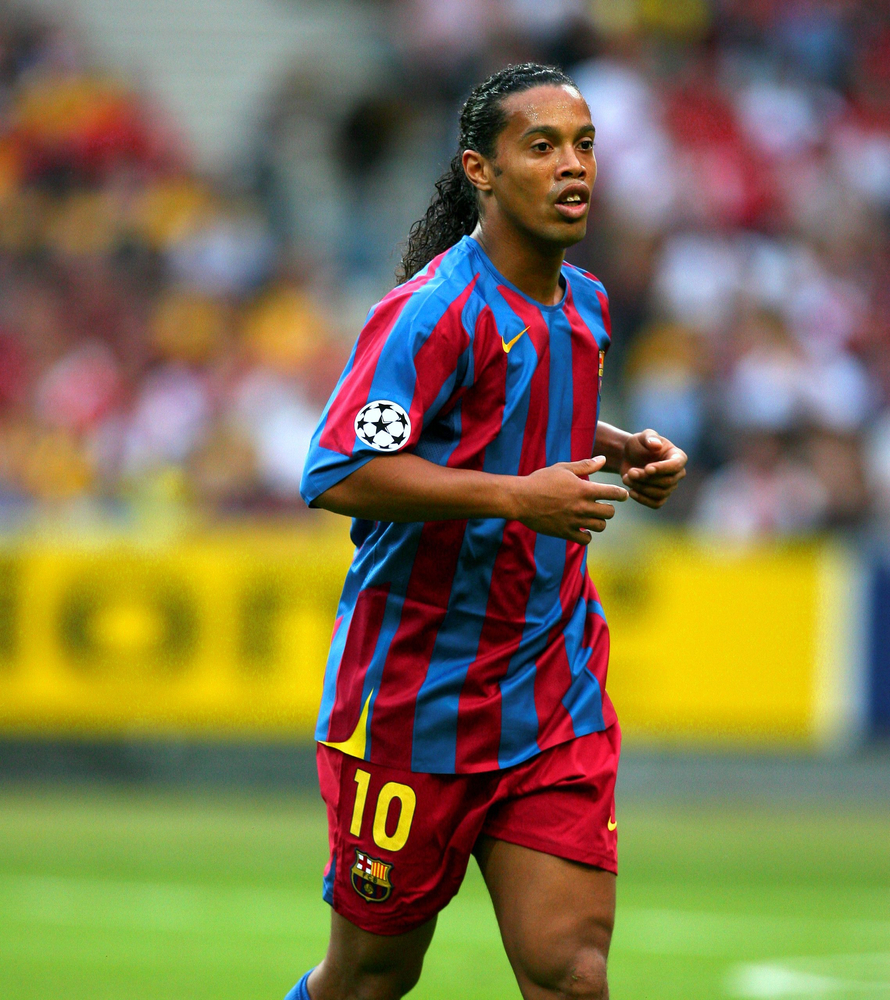
Ronaldinho wowed fans and opponents with unmatched flair and creativity. He guided Barcelona to La Liga success and revived their global identity.
2004 – Andriy Shevchenko (Ukraine, Milan)
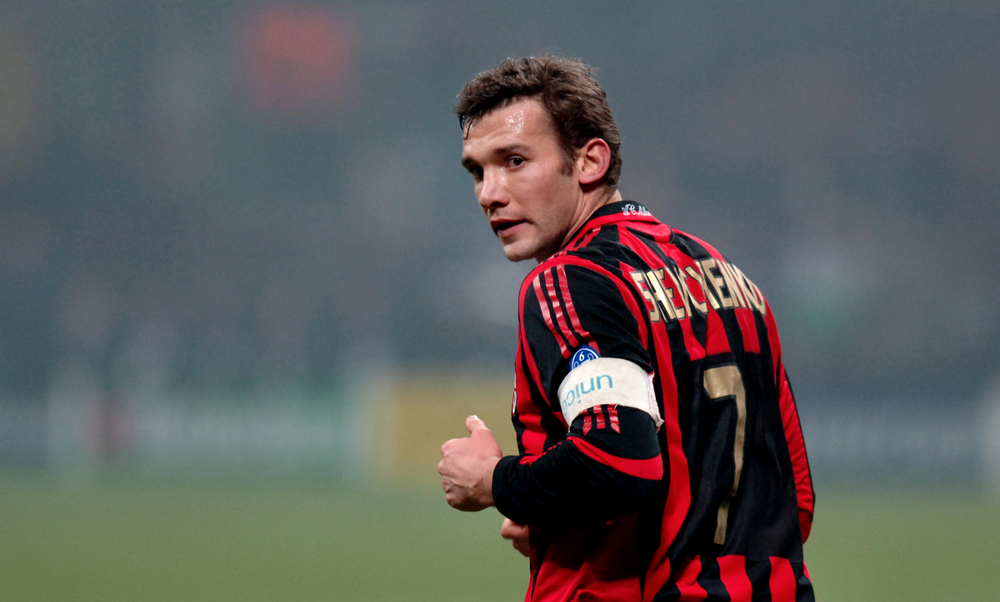
Shevchenko’s lethal finishing in Serie A earned him football’s top prize. He was the spearhead of a dominant Milan side.
2003 – Pavel Nedvěd (Czechia, Juventus)
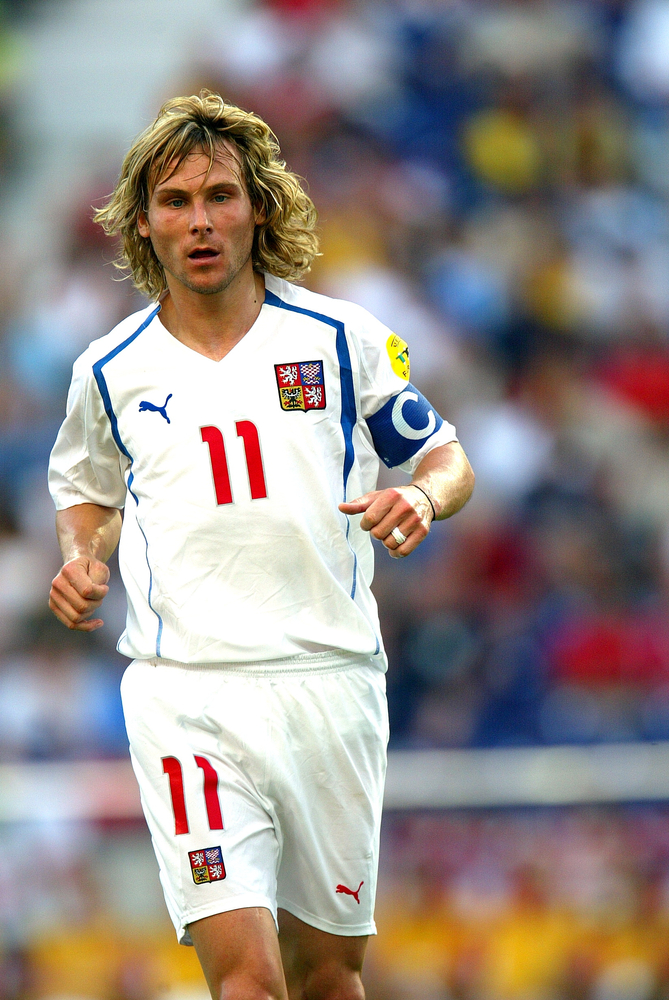
Nedvěd’s energy, drive, and leadership were crucial as Juventus reached the Champions League final. His long-range shooting and work ethic stood out.
2002 – Ronaldo (Brazil, Real Madrid)
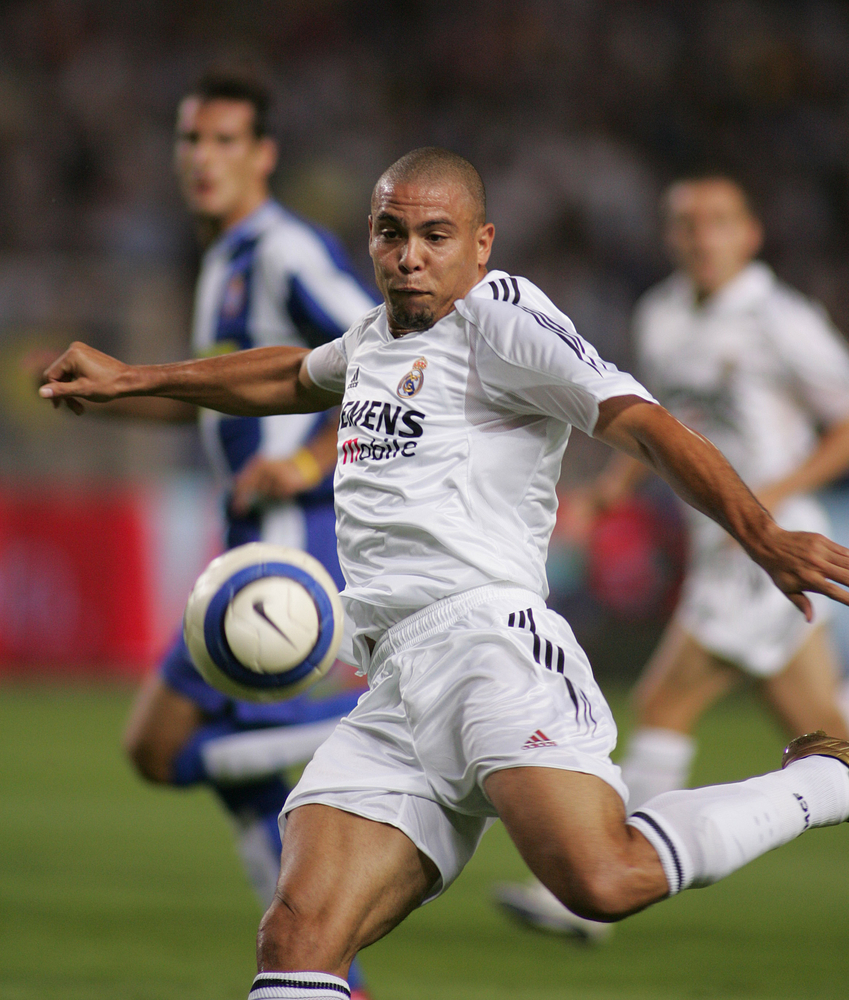
After recovering from career-threatening injuries, Ronaldo starred in Brazil’s World Cup win. His redemption story was one of the most iconic ever.
2001 – Michael Owen (England, Liverpool)
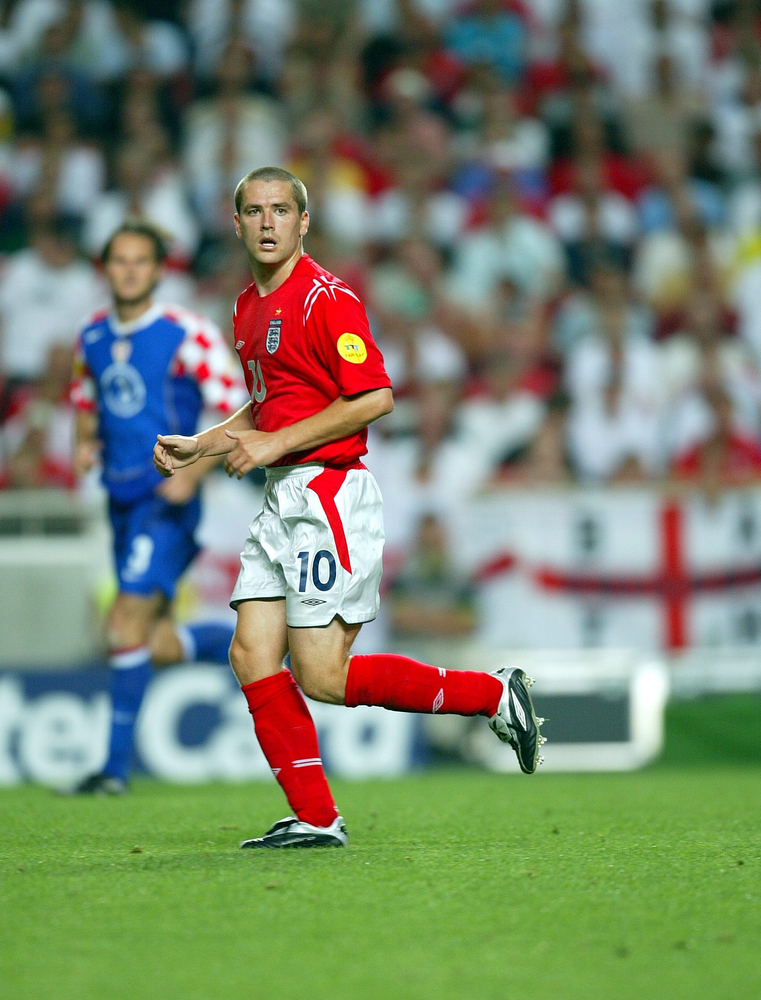
Owen had a sensational year, winning five trophies with Liverpool and scoring crucial goals. His pace and finishing helped him edge out stronger club performers.
2000 – Luís Figo (Portugal, Real Madrid)
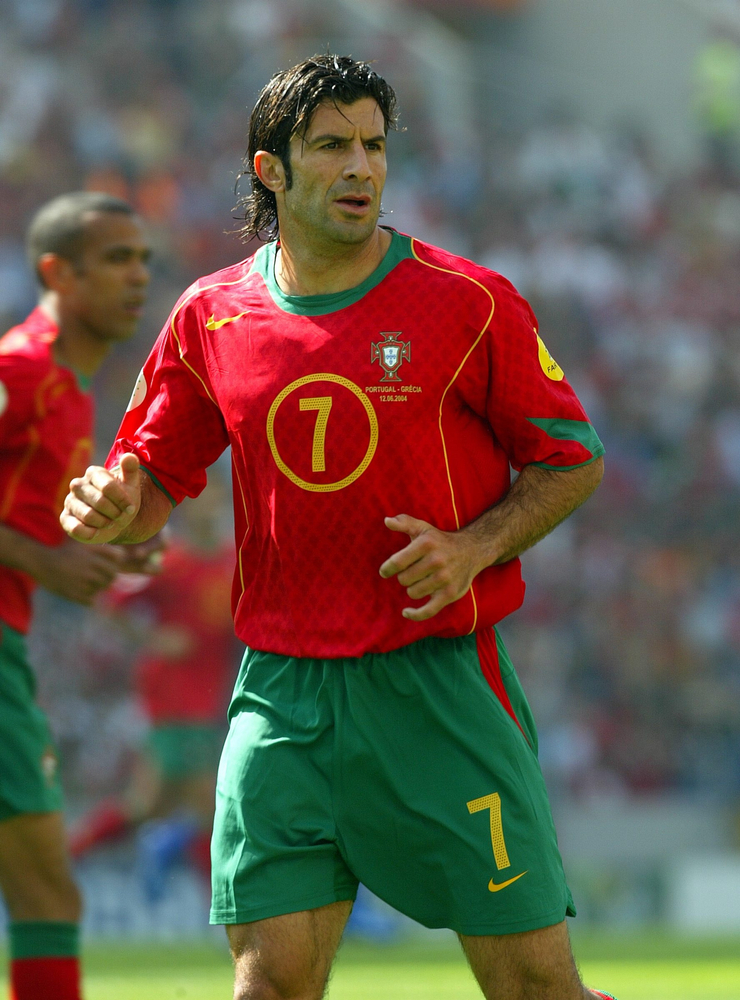
Figo’s controversial transfer from Barcelona to Real Madrid made headlines, but his performances remained top class. His creativity and flair earned him the Ballon d’Or.
1999 – Rivaldo (Brazil, Barcelona)
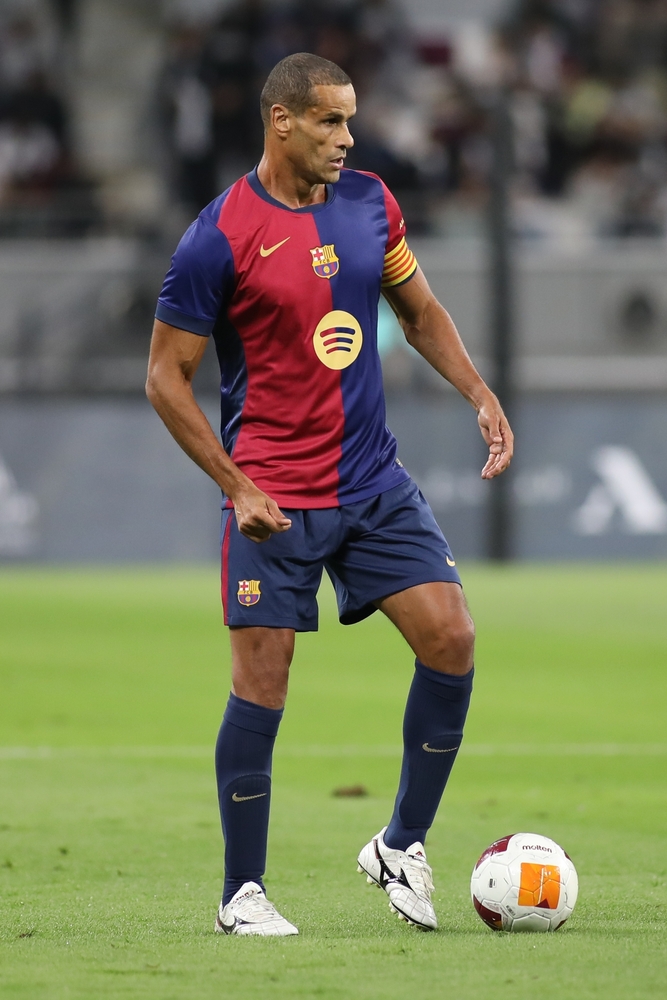
Rivaldo’s genius was on full display with stunning goals and match-winning displays. His iconic hat-trick against Valencia helped Barcelona secure Champions League qualification.
1998 – Zinedine Zidane (France, Juventus)
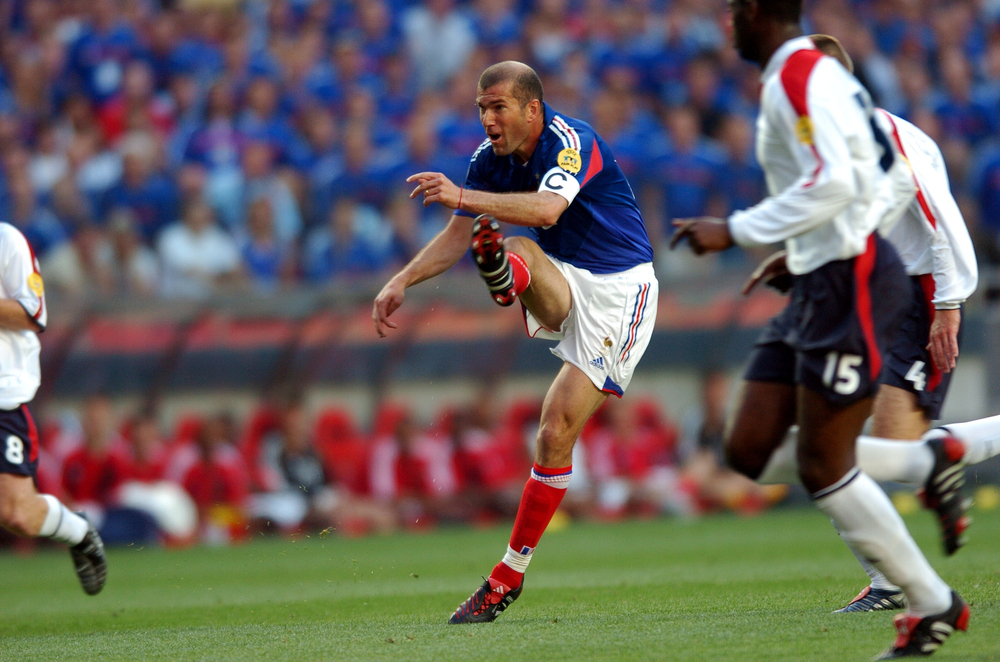
Zidane’s World Cup triumph with France at home sealed his place in football history. His vision and touch were unmatched during that golden year.
1997 – Ronaldo (Brazil, Internazionale)
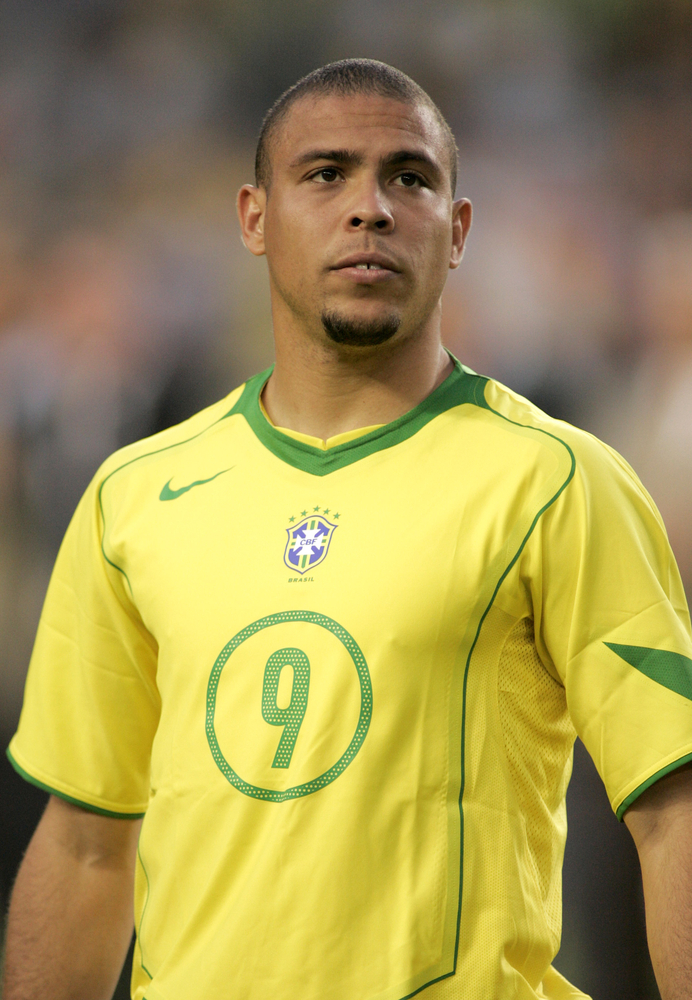
Ronaldo dazzled Italy with explosive speed and skill. At just 21, he became one of the youngest winners of the award.
1996 – Matthias Sammer (Germany, Borussia Dortmund)
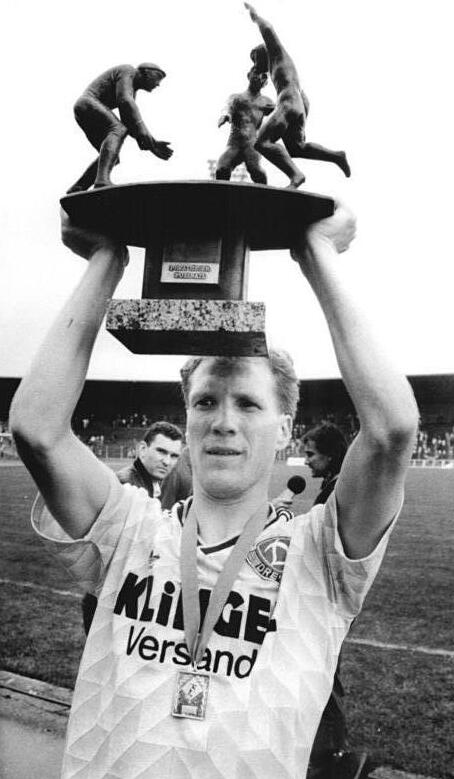
Sammer played a vital role in Germany’s Euro 1996 triumph and Dortmund’s domestic success. He was a sweeper with attacking instincts and defensive grit.
1995 – George Weah (Liberia, Milan)
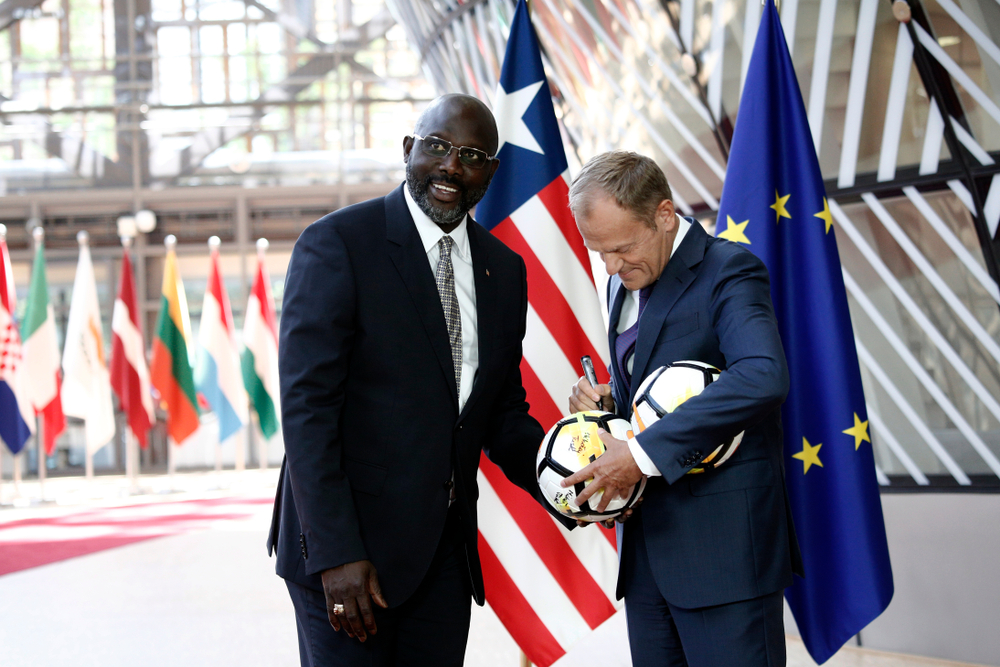
Weah became the first African to win the Ballon d’Or. His blend of strength, speed, and skill set him apart in Serie A.
1994 – Hristo Stoichkov (Bulgaria, Barcelona)

Stoichkov led Bulgaria to a historic World Cup semi-final and shone for Barcelona. His direct style and eye for goal made him unstoppable.
1993 – Roberto Baggio (Italy, Juventus)

Baggio’s technical brilliance and creativity made him Italy’s most beloved player. His performances in Serie A and for Italy earned him the prize.
1992 – Marco van Basten (Netherlands, Milan)
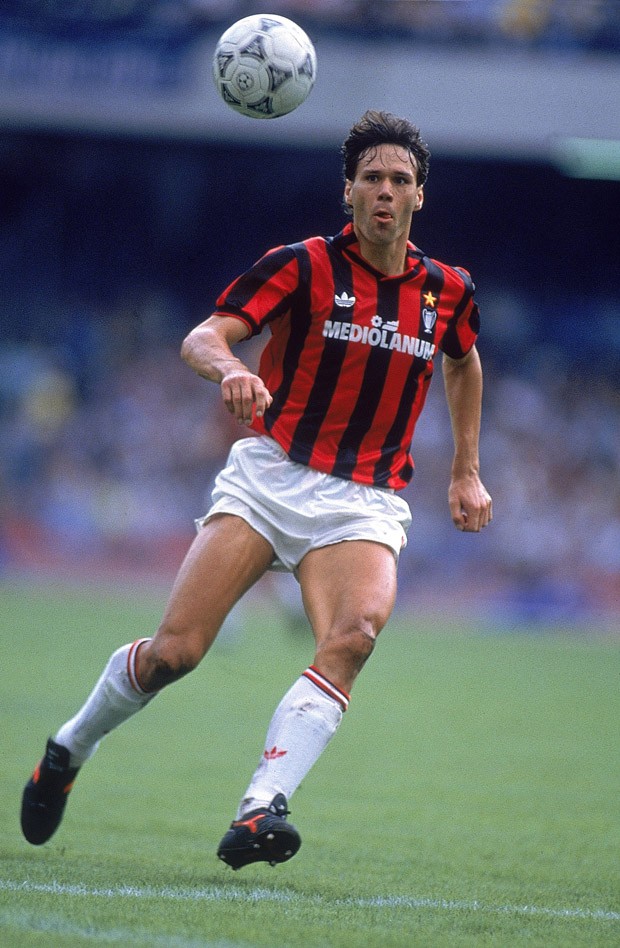
Van Basten was the ultimate striker, and in 1992 he delivered consistently for Milan. Despite injury concerns, his class prevailed.
1991 – Jean-Pierre Papin (France, Marseille)
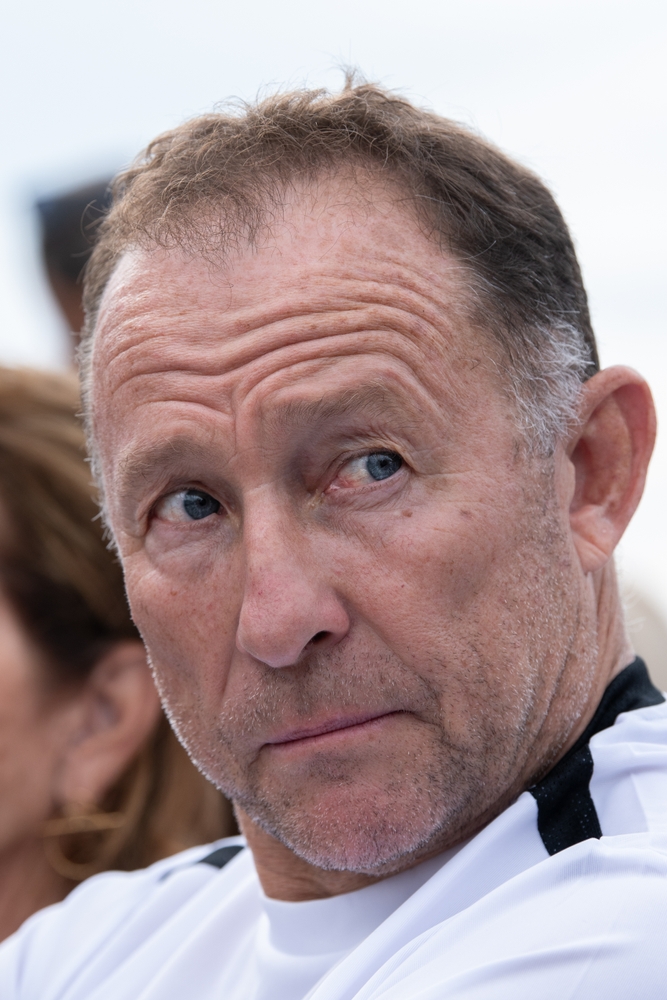
Papin’s prolific goal-scoring with Marseille earned him the accolade. He was the complete striker, feared across Europe.
1990 – Lothar Matthäus (Germany, Internazionale)
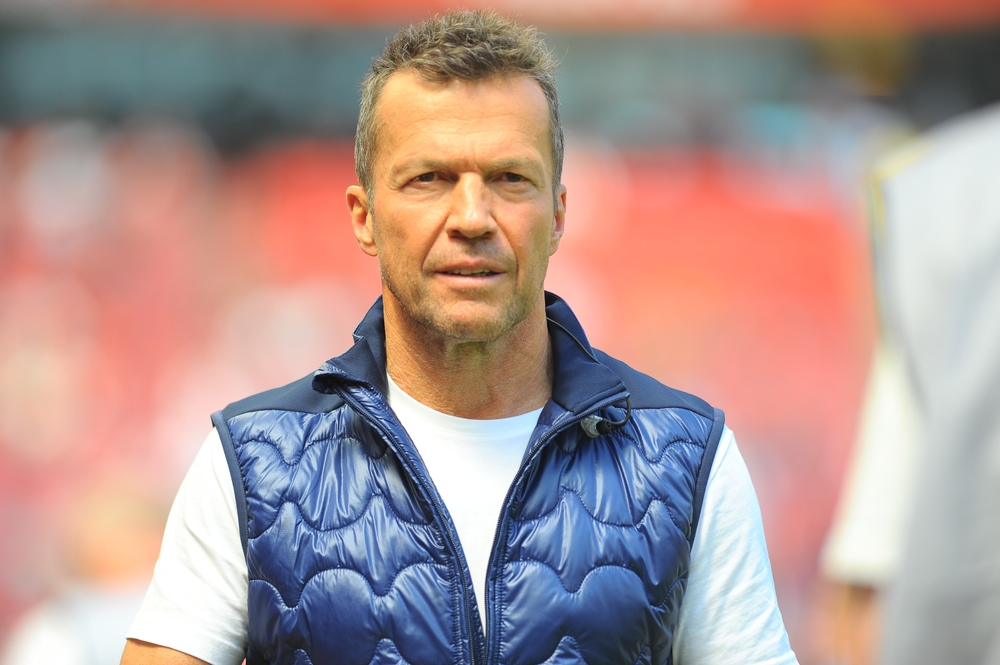
Matthäus led West Germany to World Cup glory and dominated with Inter. His all-around game and leadership were instrumental.
1989 – Marco van Basten (Netherlands, Milan)
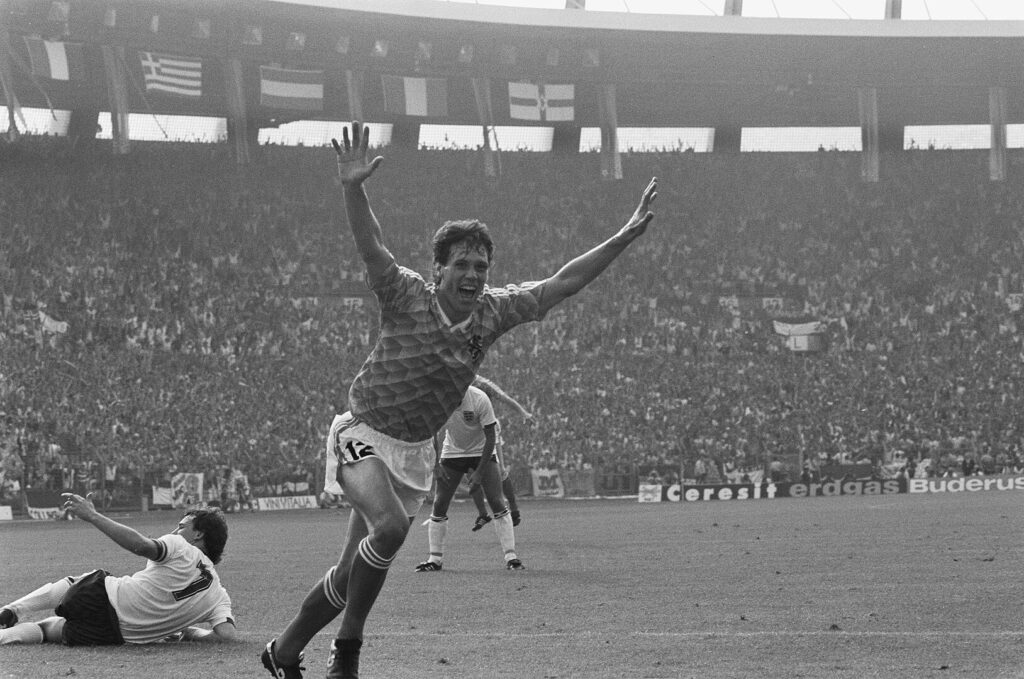
Back from injury, Van Basten scored sensational goals and lifted Milan to new heights. His movement and technique were elite.
1988 – Marco van Basten (Netherlands, Milan)

His Euro 1988 campaign remains one of the greatest ever by a striker. The iconic volley in the final sealed his legend.
1987 – Ruud Gullit (Netherlands, Milan)
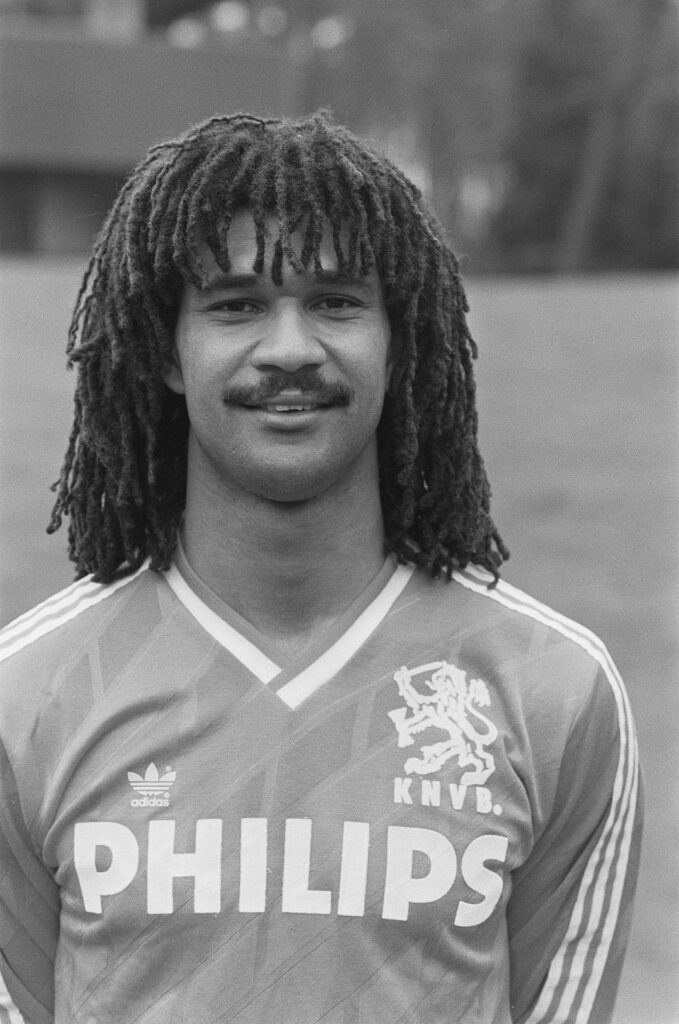
Gullit’s strength, charisma, and versatility helped transform Milan into a superpower. He was a dynamic leader on and off the pitch.
1986 – Igor Belanov (Soviet Union, Dynamo Kyiv)
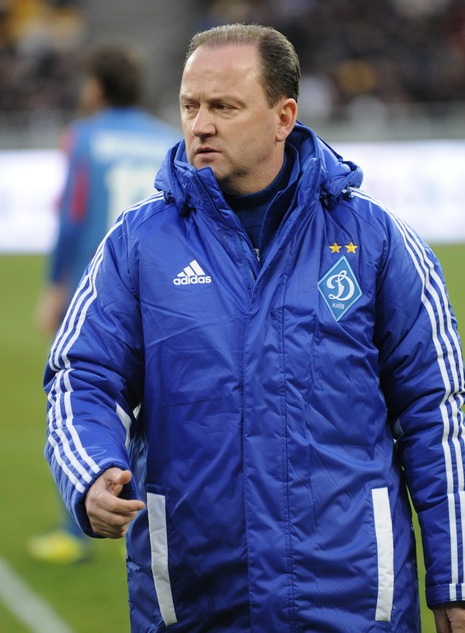
Belanov’s pace and goal-scoring at the World Cup and in Europe stood out. He was a key figure in Dynamo Kyiv’s strong side.
1985 – Michel Platini (France, Juventus)
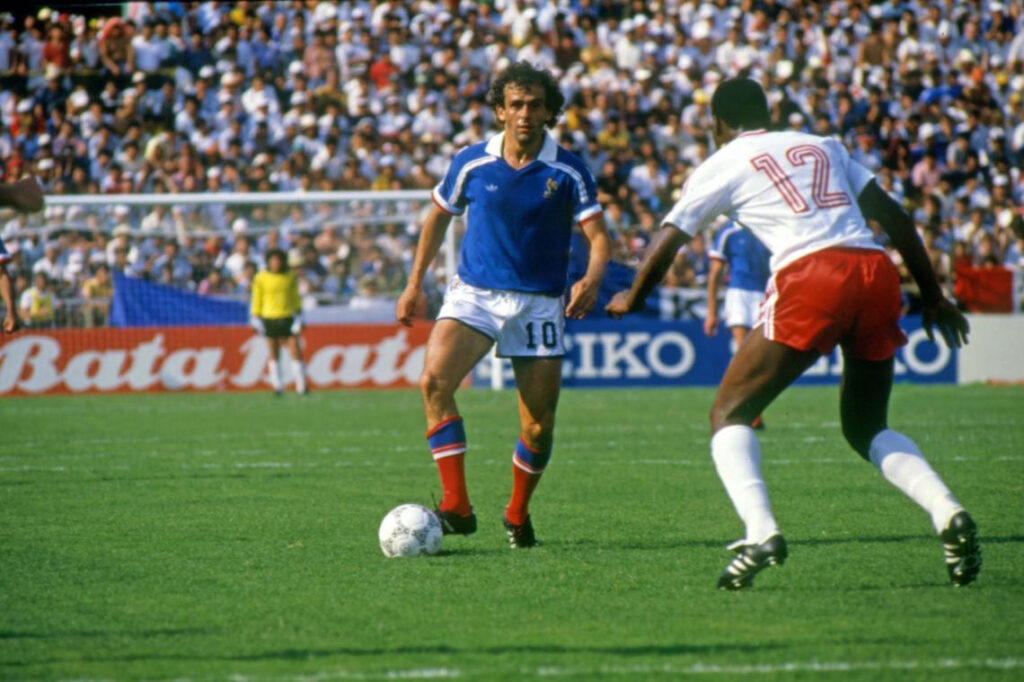
Platini completed his Ballon d’Or hat trick in 1985. His vision and technical genius were unmatched during this period.
1984 – Michel Platini (France, Juventus)
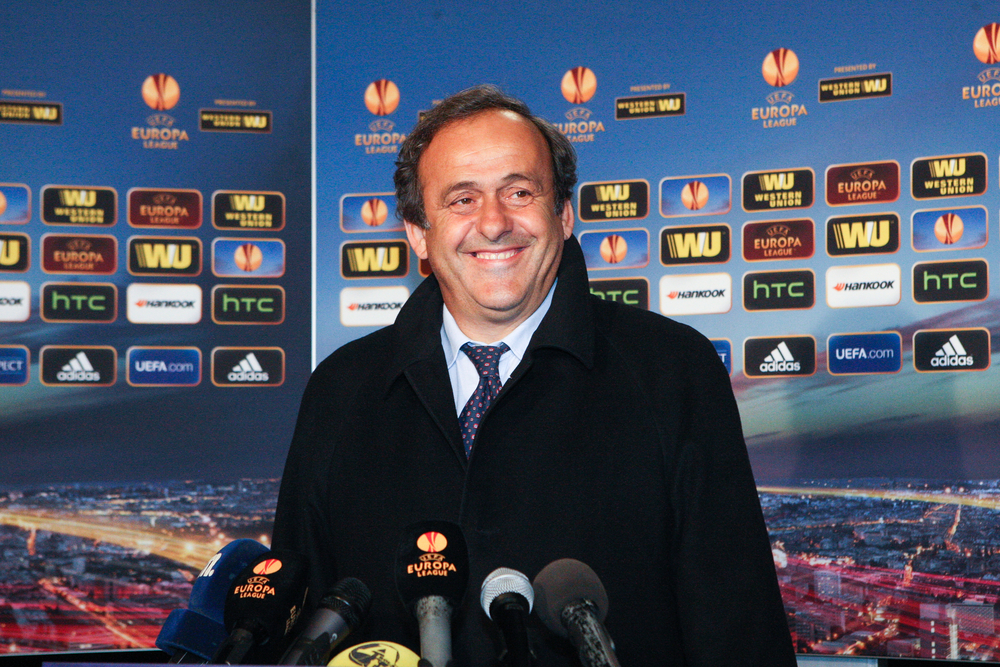
Platini led France to Euro 1984 triumph, scoring nine goals in five games. His influence was historic and unprecedented.
1983 – Michel Platini (France, Juventus)
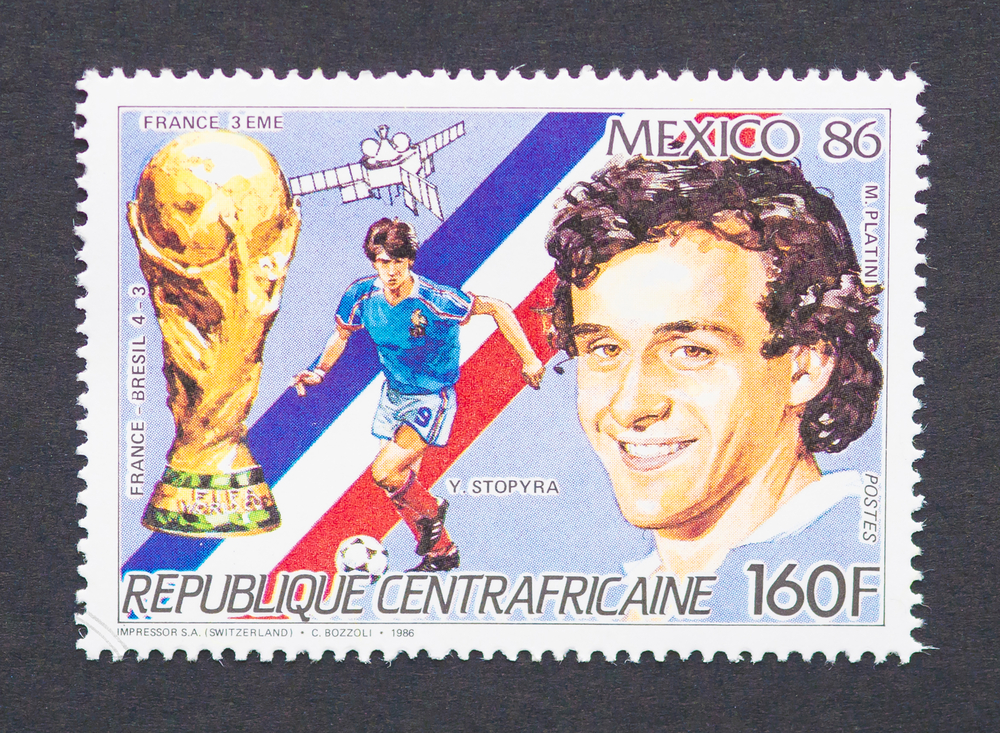
The Frenchman began his Ballon d’Or run with playmaking brilliance in Serie A. He was the creative engine Juventus needed.
1982 – Paolo Rossi (Italy, Juventus)
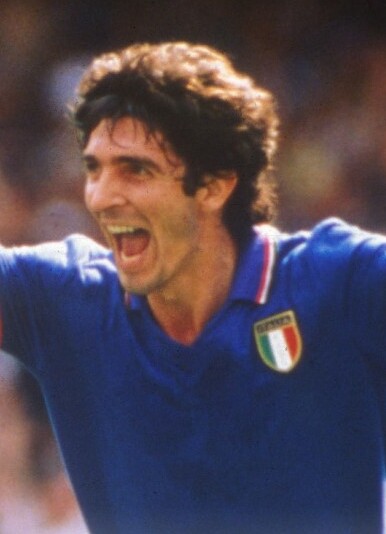
Rossi’s heroics at the 1982 World Cup earned him global acclaim. His hat-trick against Brazil remains legendary.
1981 – Karl-Heinz Rummenigge (West Germany, Bayern Munich)
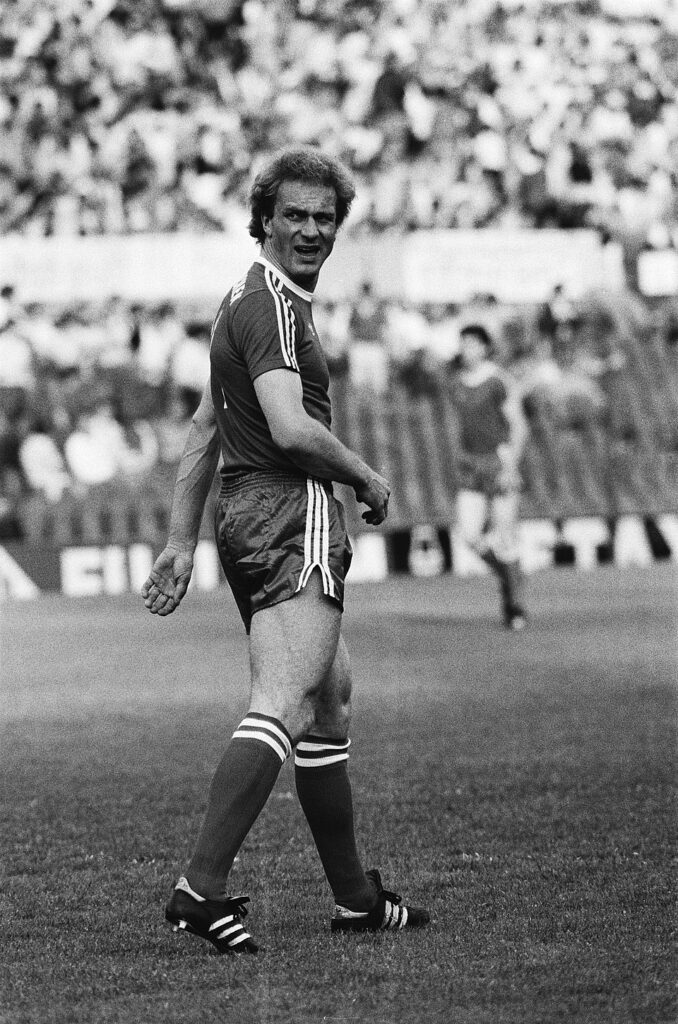
Rummenigge retained the award with consistent form for club and country. He was a lethal striker with elegant technique.
1980 – Karl-Heinz Rummenigge (West Germany, Bayern Munich)
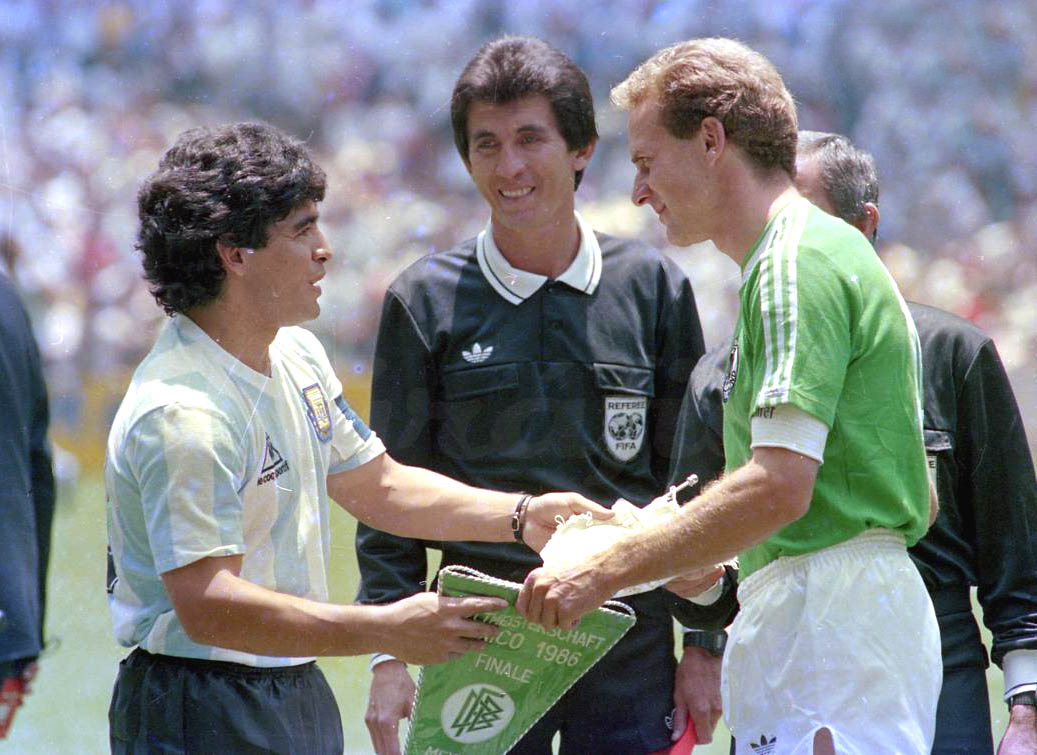
Rummenigge helped Bayern dominate domestically and was instrumental for West Germany. His intelligent movement and finishing stood out.
1979 – Kevin Keegan (England, Hamburg)

Keegan’s second Ballon d'Or came after another great season in Germany. His energy and impact were immense.
1978 – Kevin Keegan (England, Hamburg)
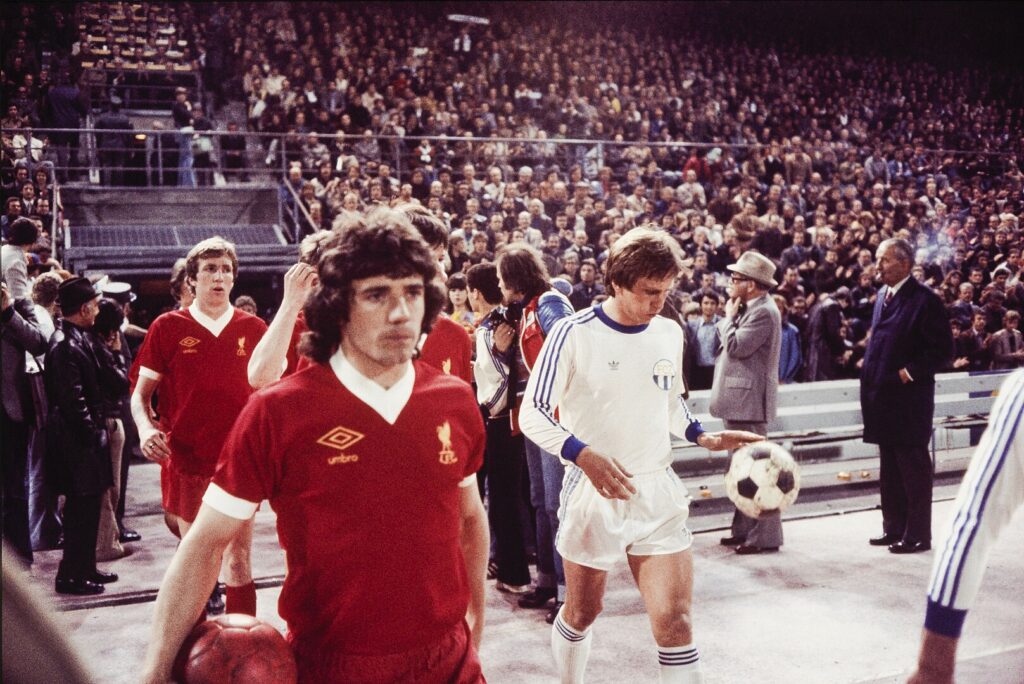
Keegan became a fan favorite in Germany, inspiring Hamburg with goals and spirit. He was England’s standout star abroad.
1977 – Allan Simonsen (Denmark, Borussia Mönchengladbach)
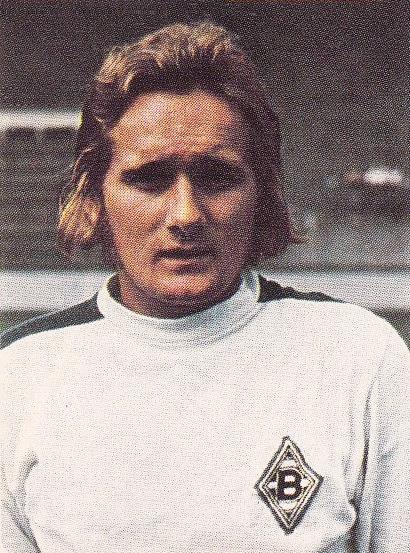
Simonsen's flair and creativity helped Gladbach to domestic and European success. He was Denmark’s first Ballon d’Or winner.
1976 – Franz Beckenbauer (West Germany, Bayern Munich)
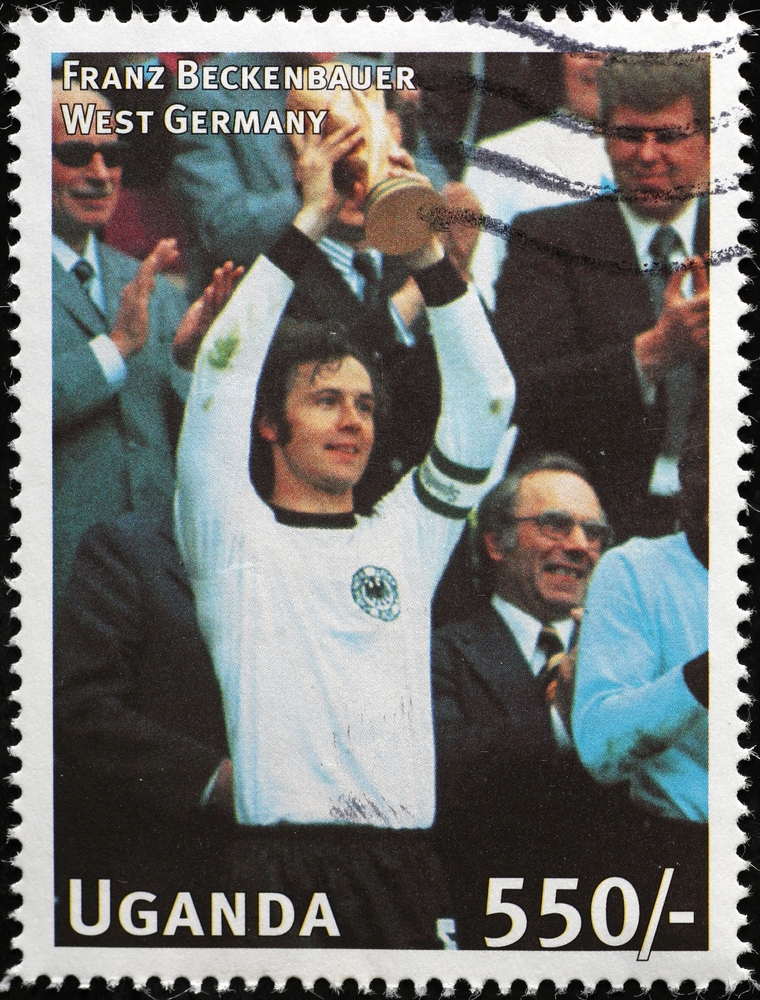
The “Kaiser” was the master of elegance in defense. His leadership and vision redefined the sweeper role.
1975 – Oleg Blokhin (Soviet Union, Dynamo Kyiv)
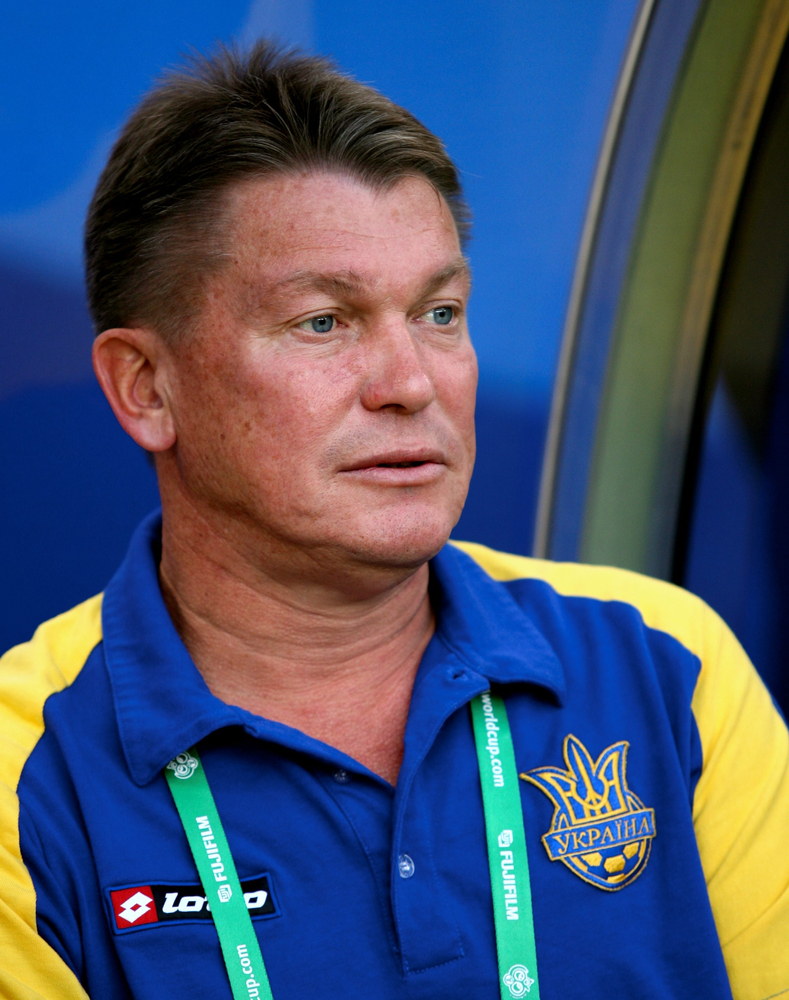
Blokhin’s speed and finishing made him a nightmare for defenders. He shone in Soviet and European competitions.
1974 – Johan Cruyff (Netherlands, Barcelona)
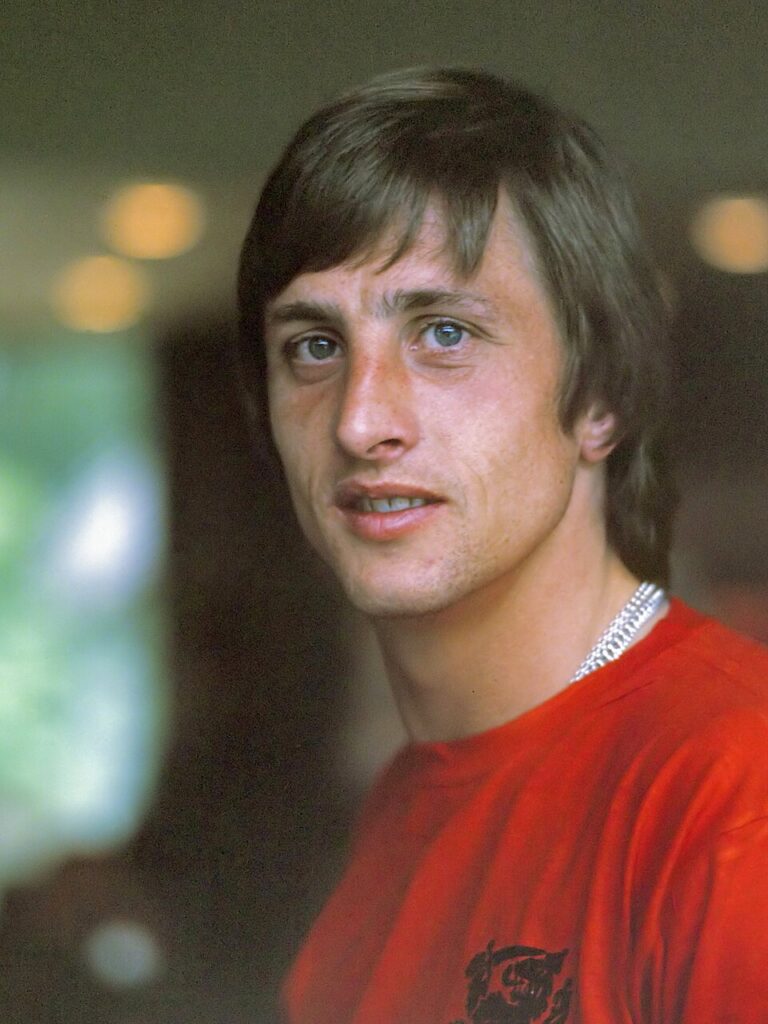
Cruyff dazzled at the World Cup with “Total Football.” He brought his brilliance to Barcelona, lifting their style and stature.
1973 – Johan Cruyff (Netherlands, Barcelona)

His move to Barcelona revitalized the club. Cruyff was the beating heart of their new identity.
1972 – Franz Beckenbauer (West Germany, Bayern Munich)
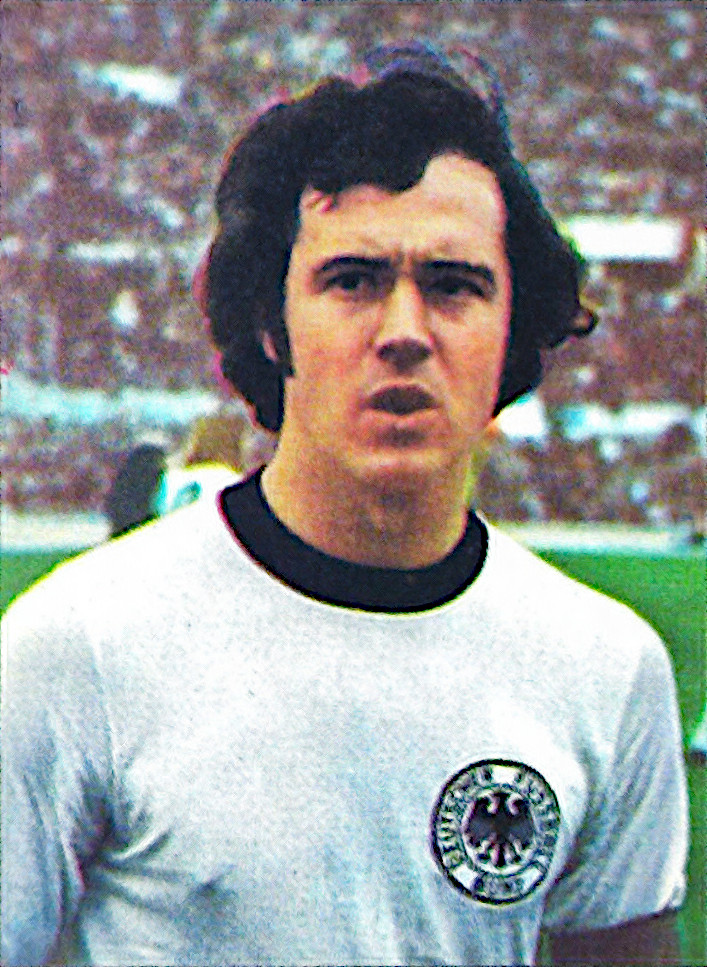
Beckenbauer’s composure and reading of the game were world-class. He was a footballing architect in defense.
1971 – Johan Cruyff (Netherlands, Ajax)
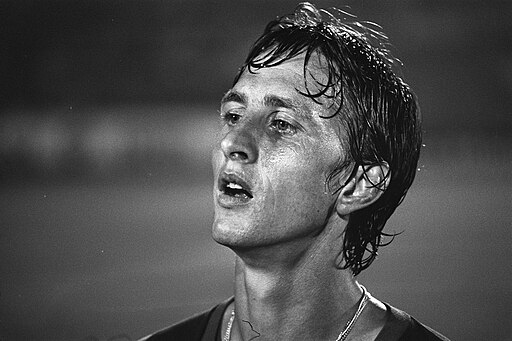
Cruyff’s intelligence and technique led Ajax to dominance. He began reshaping football’s future.
1970 – Gerd Müller (West Germany, Bayern Munich)

Müller scored at will and terrorized defenses. His World Cup exploits made him a national hero.
1969 – Gianni Rivera (Italy, Milan)
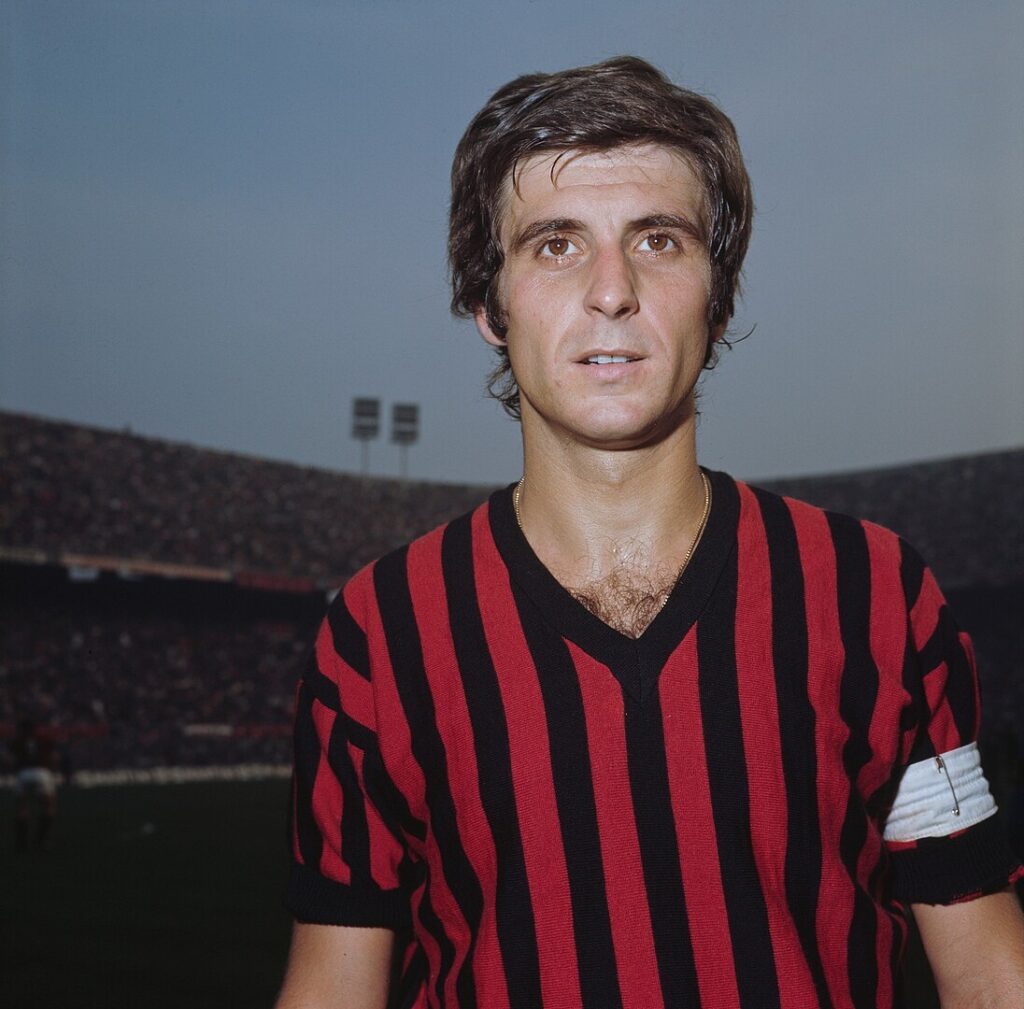
Rivera's elegance and passing earned Milan European glory. He was Italy’s midfield maestro.
1968 – George Best (Northern Ireland, Manchester United)
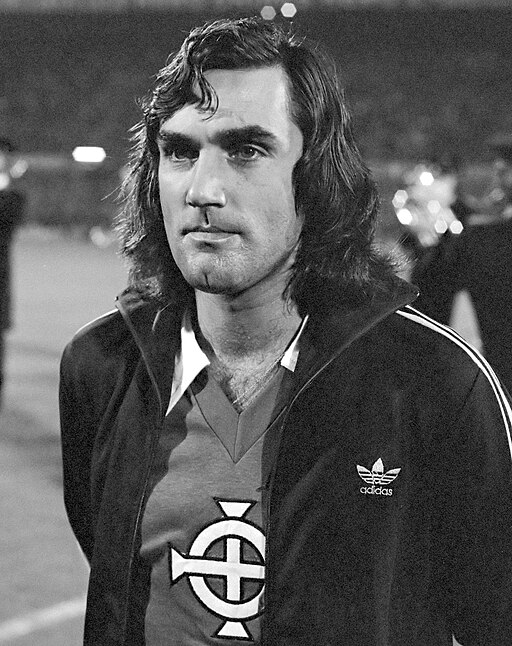
Best's flair, charisma, and skill electrified the game. He became a global icon for both his talent and personality.
1967 – Flórián Albert (Hungary, Ferencvárosi TC)
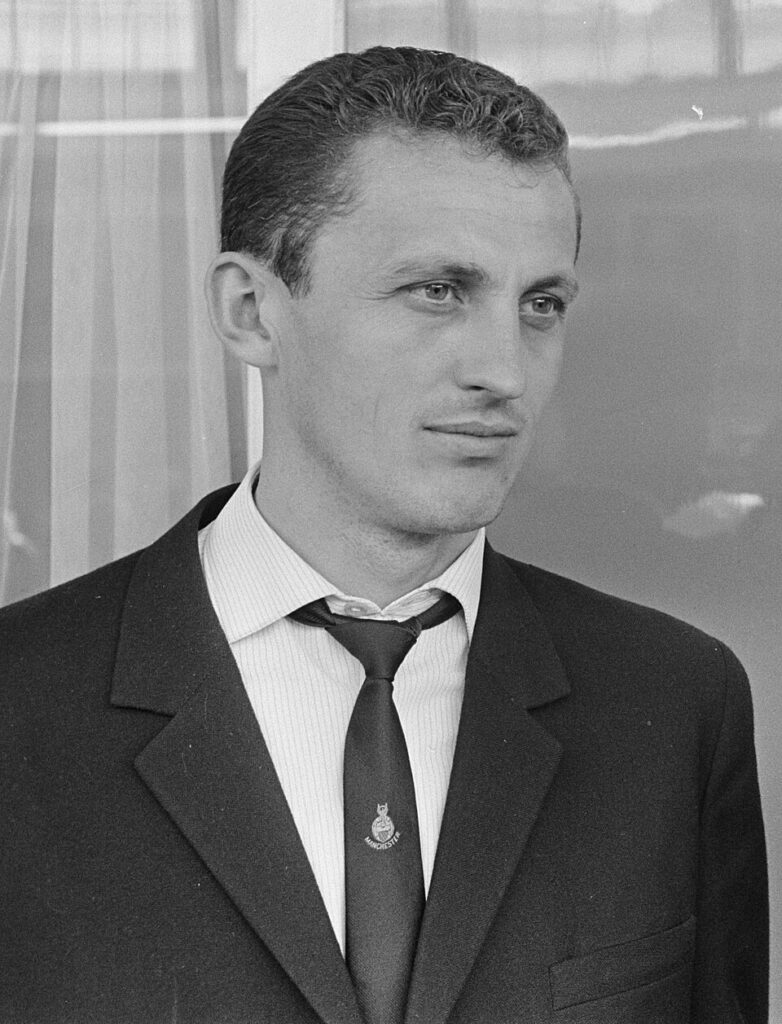
Albert was Hungary’s most stylish and gifted player. His calmness on the ball set him apart.
1966 – Bobby Charlton (England, Manchester United)
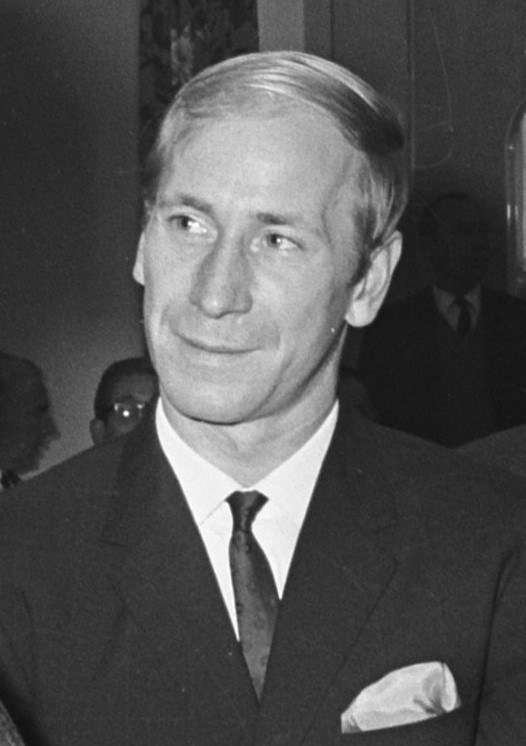
Charlton was England’s World Cup hero. His leadership and goals from midfield defined the era.
1965 – Eusébio (Portugal, Benfica)
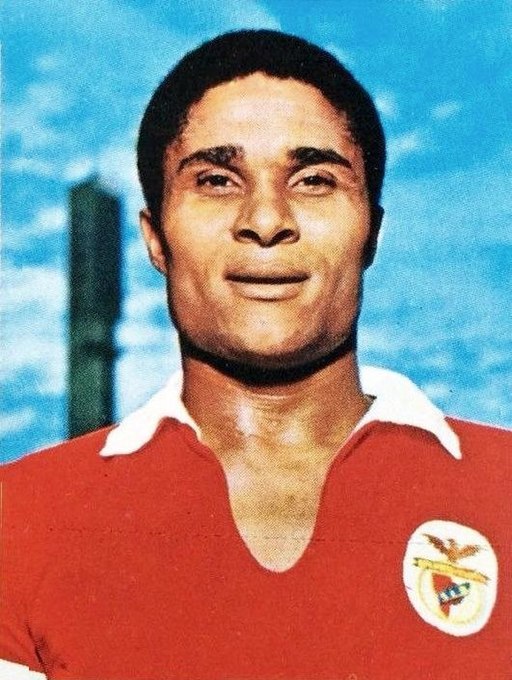
Eusébio was a powerhouse forward with speed and precision. His World Cup performance captivated the world.
1964 – Denis Law (Scotland, Manchester United)
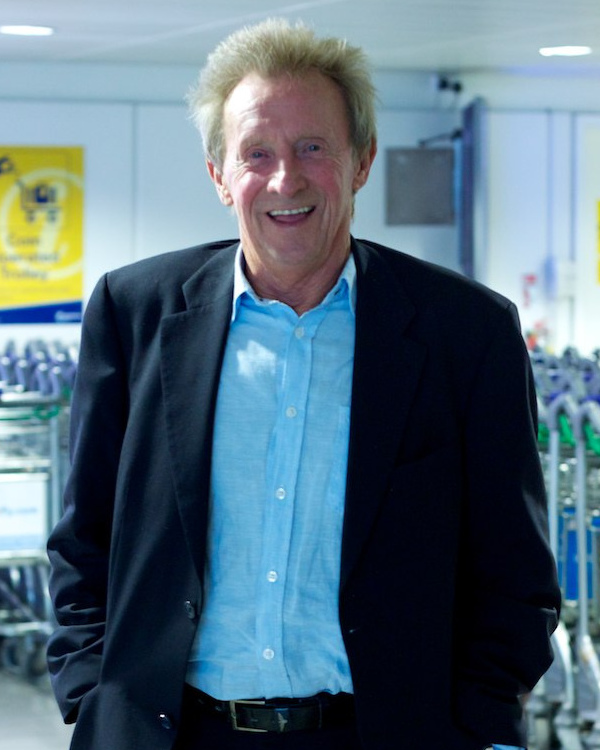
Law’s fiery style and goal-scoring instincts made him a cult hero. He was Scotland’s best in his prime.
1963 – Lev Yashin (Soviet Union, Dynamo Moscow)
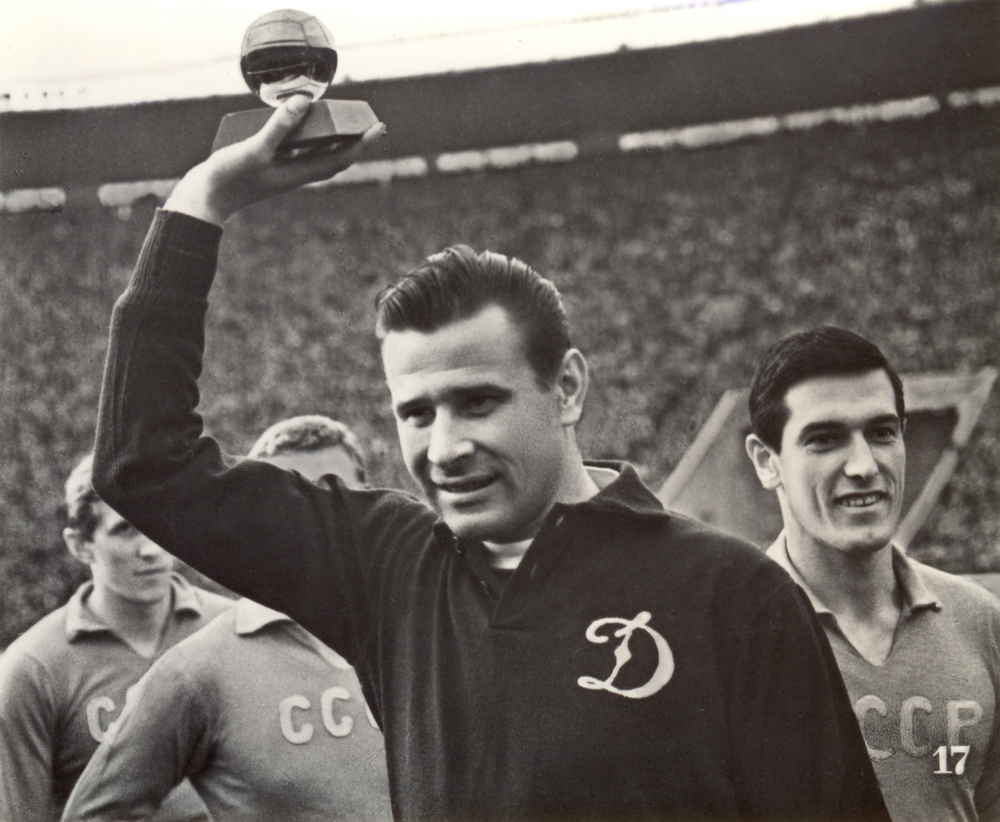
Yashin remains the only goalkeeper to win the Ballon d’Or. His agility and aura between the posts were unmatched.
1962 – Josef Masopust (Czechoslovakia, Dukla Prague)
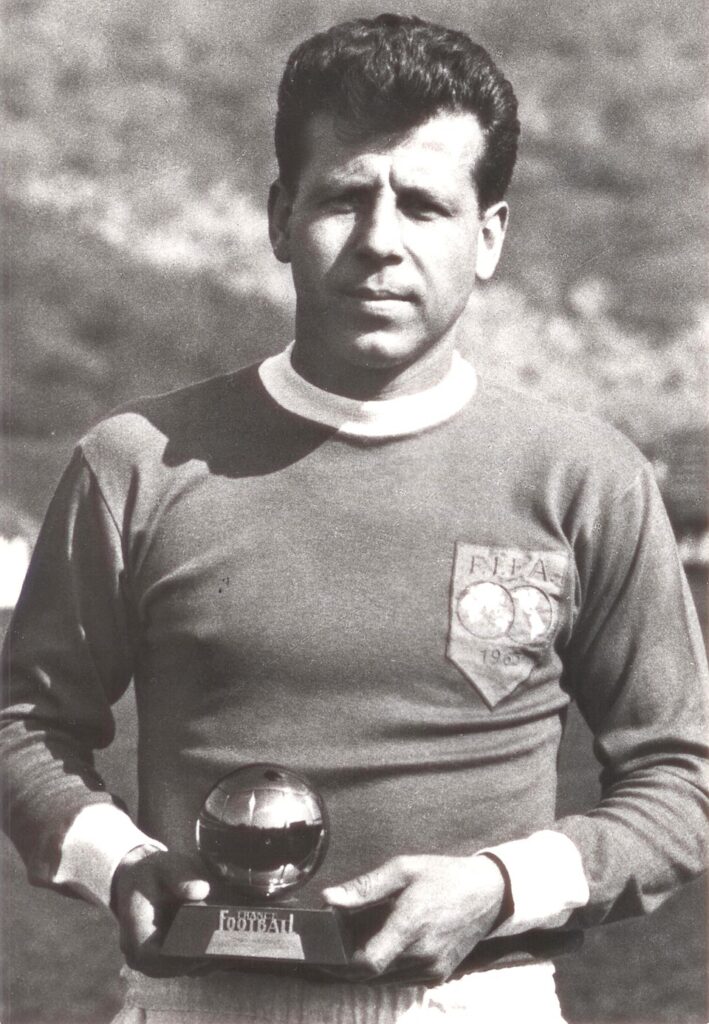
Masopust’s composure and leadership led Czechoslovakia to the World Cup final. He was a complete midfielder.
1961 – Omar Sívori (Italy, Juventus)
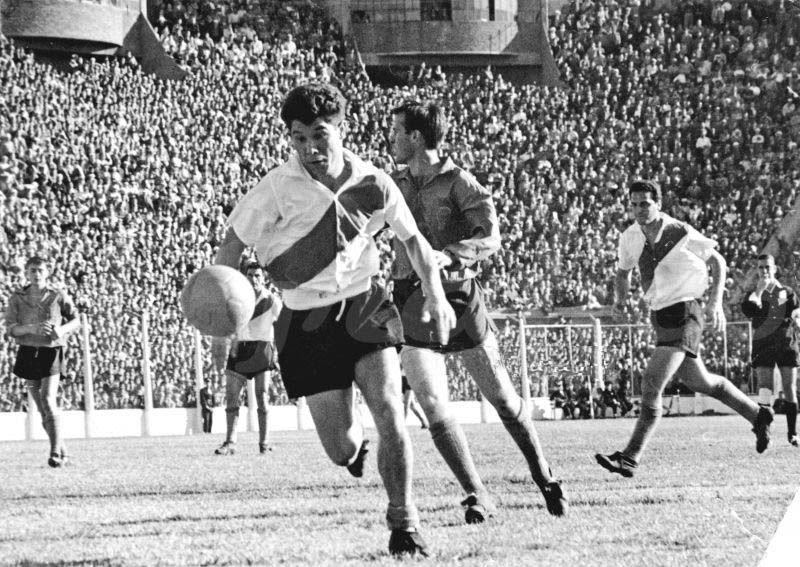
Sívori’s dribbling and flair wowed Italian fans. He combined South American creativity with European efficiency.
1960 – Luis Suárez (Spain, Barcelona)
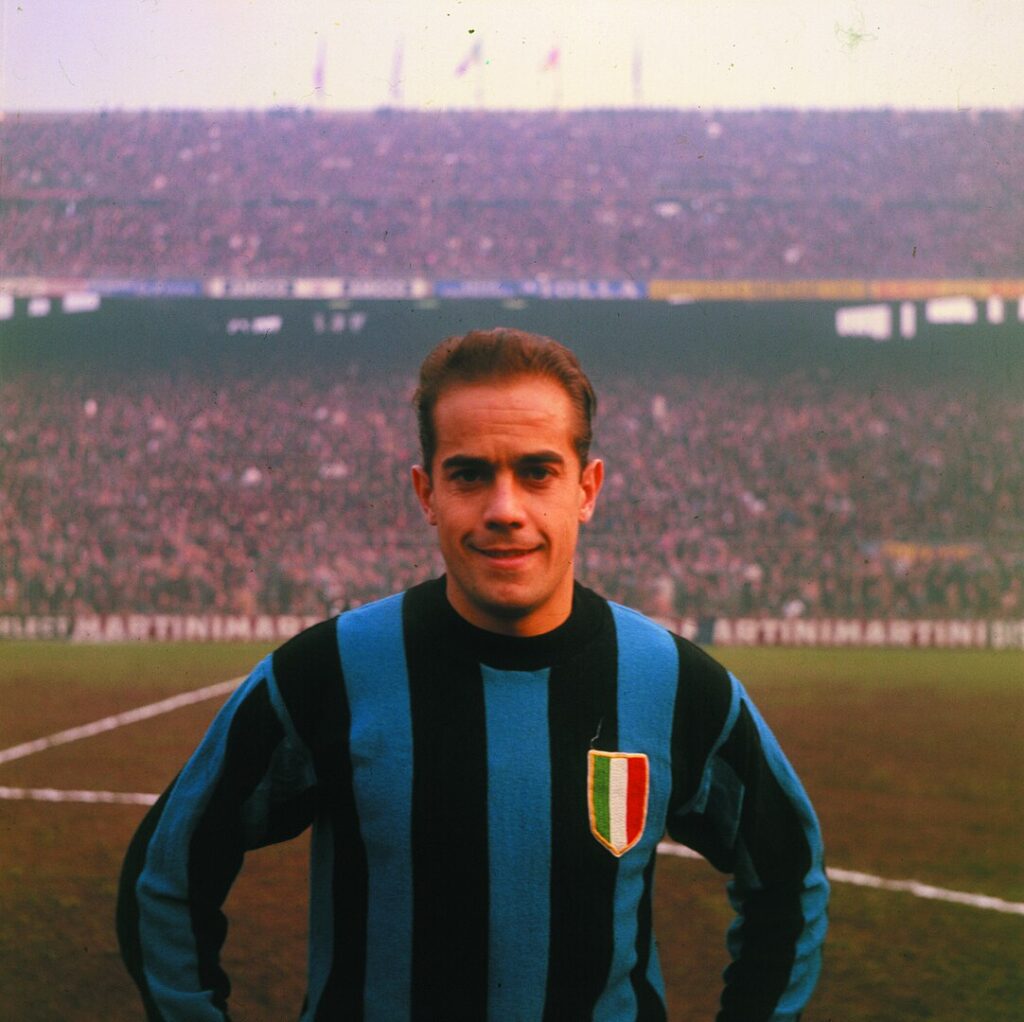
Suárez was the heartbeat of Barcelona in the late ‘50s and early ‘60s. His intelligence and passing elevated teammates.
1959 – Alfredo Di Stéfano (Argentina/Spain, Real Madrid)
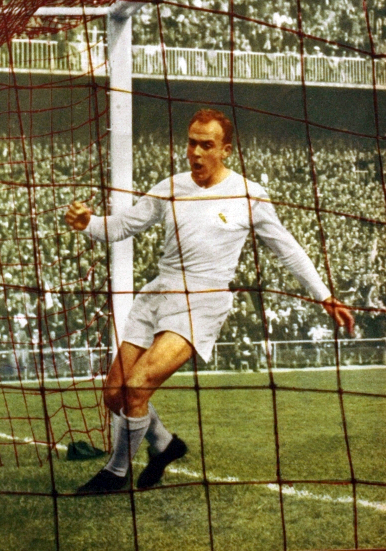
Di Stéfano was the engine of Real Madrid’s European dynasty. His versatility made him one of the greatest ever.
1958 – Raymond Kopa (France, Real Madrid)
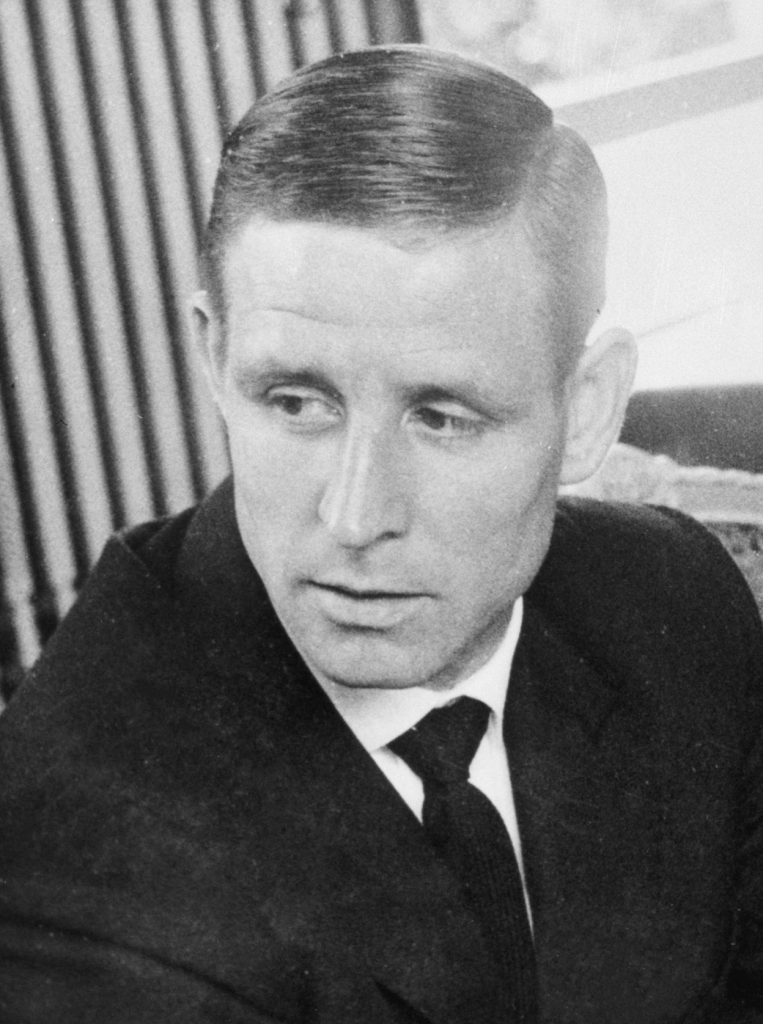
Kopa was a master dribbler and creator. He linked perfectly with Di Stéfano during Madrid’s golden era.
1957 – Alfredo Di Stéfano (Argentina/Spain, Real Madrid)
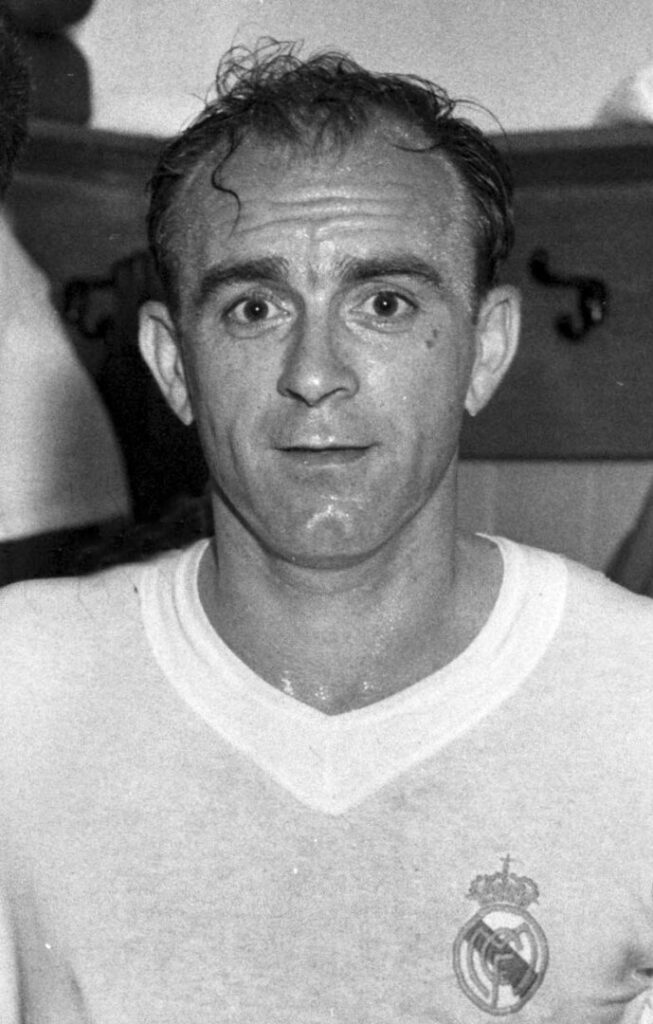
He dominated European football with power, vision, and skill. His impact was felt across multiple generations.
1956 – Stanley Matthews (England, Blackpool)
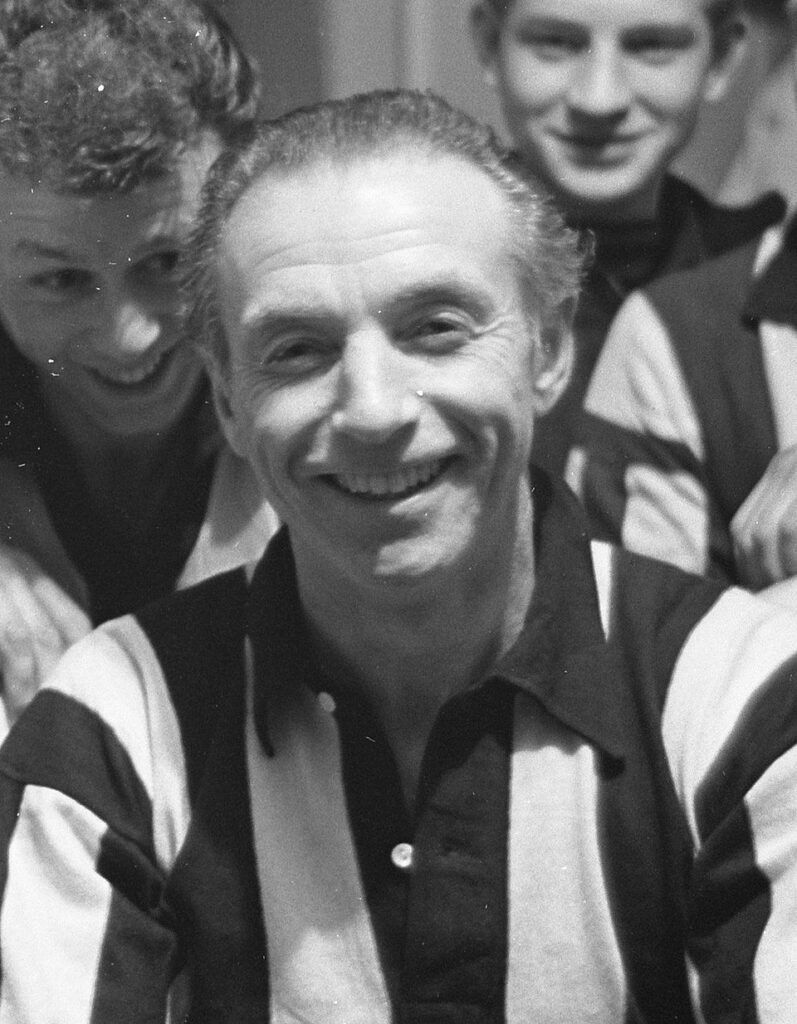
The first ever Ballon d’Or winner, Matthews was still dazzling at 41. His sportsmanship and longevity became legendary.

